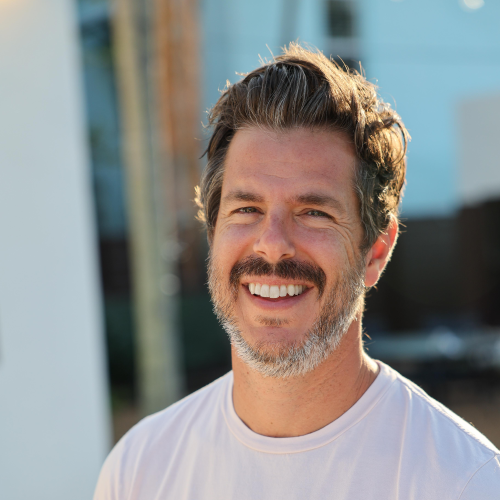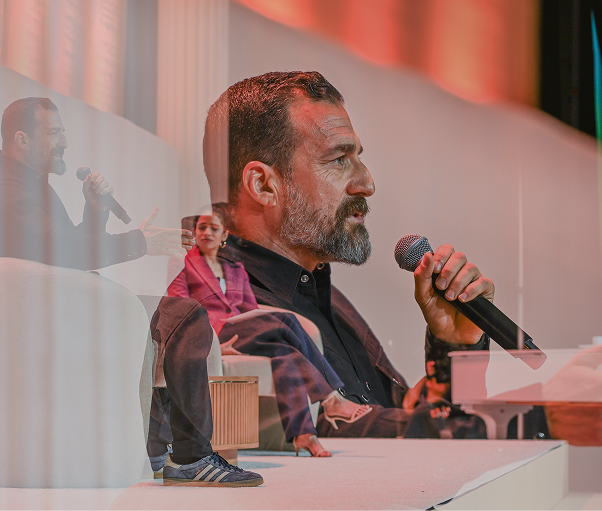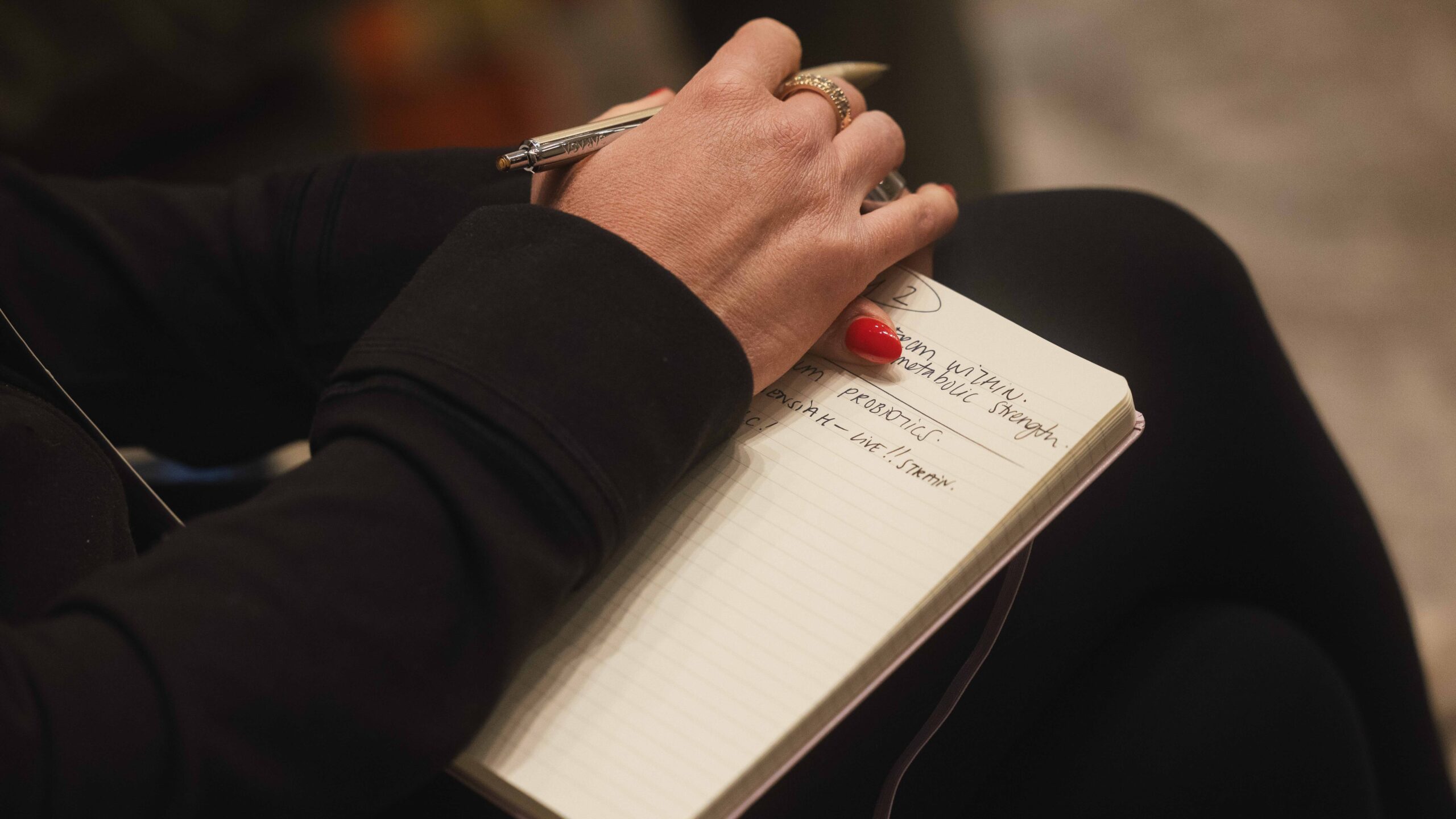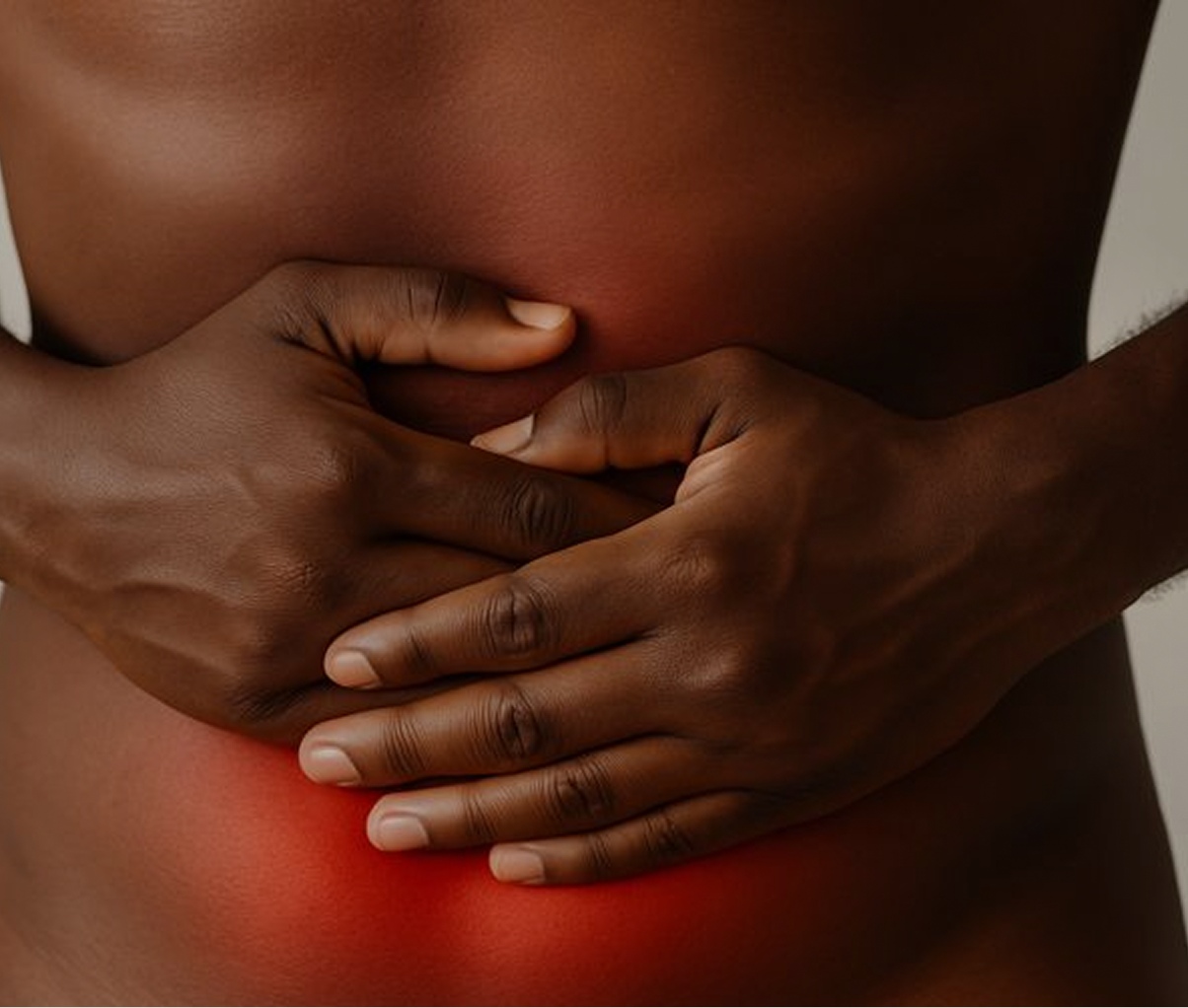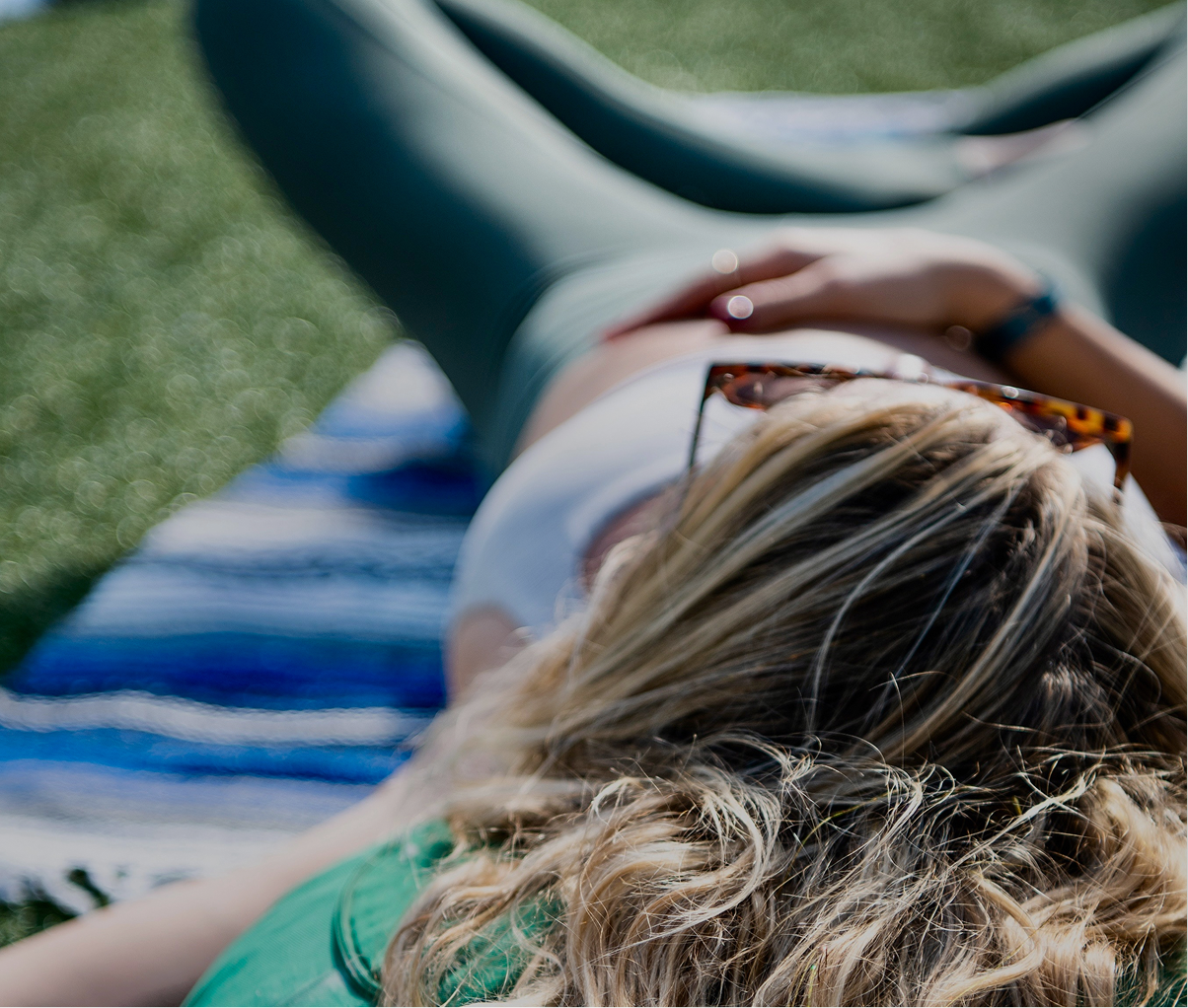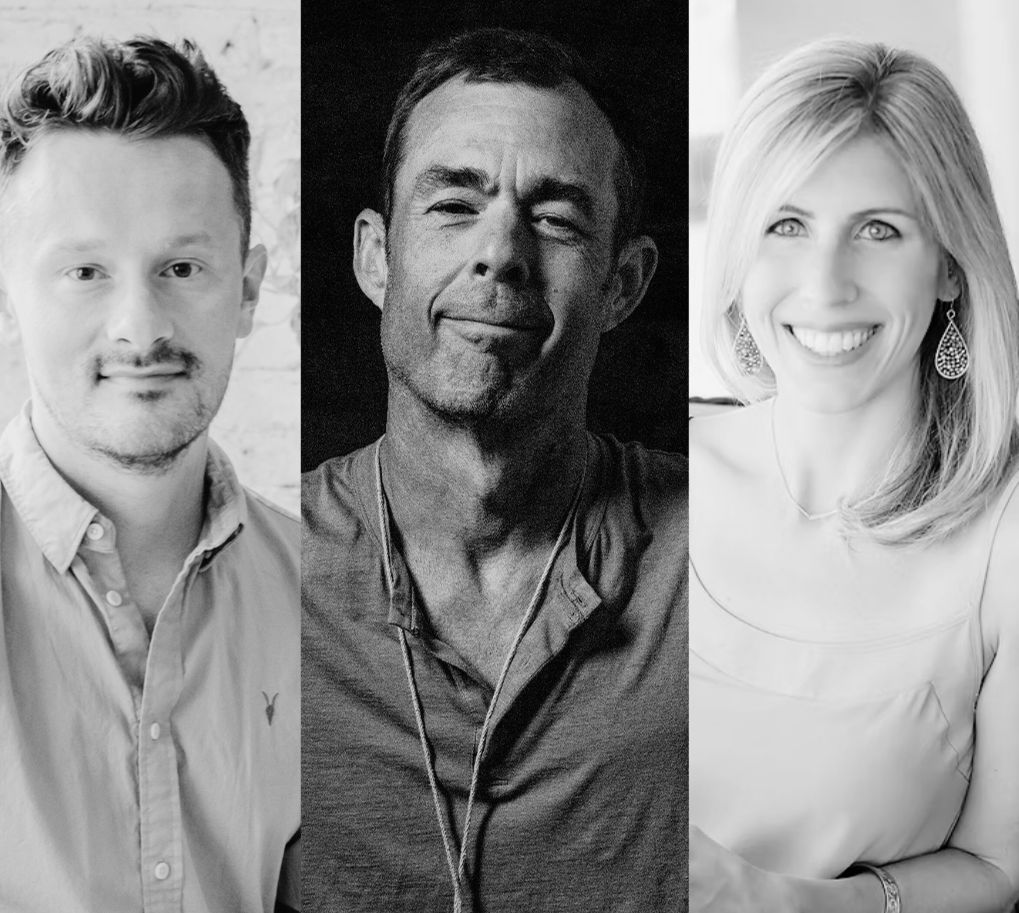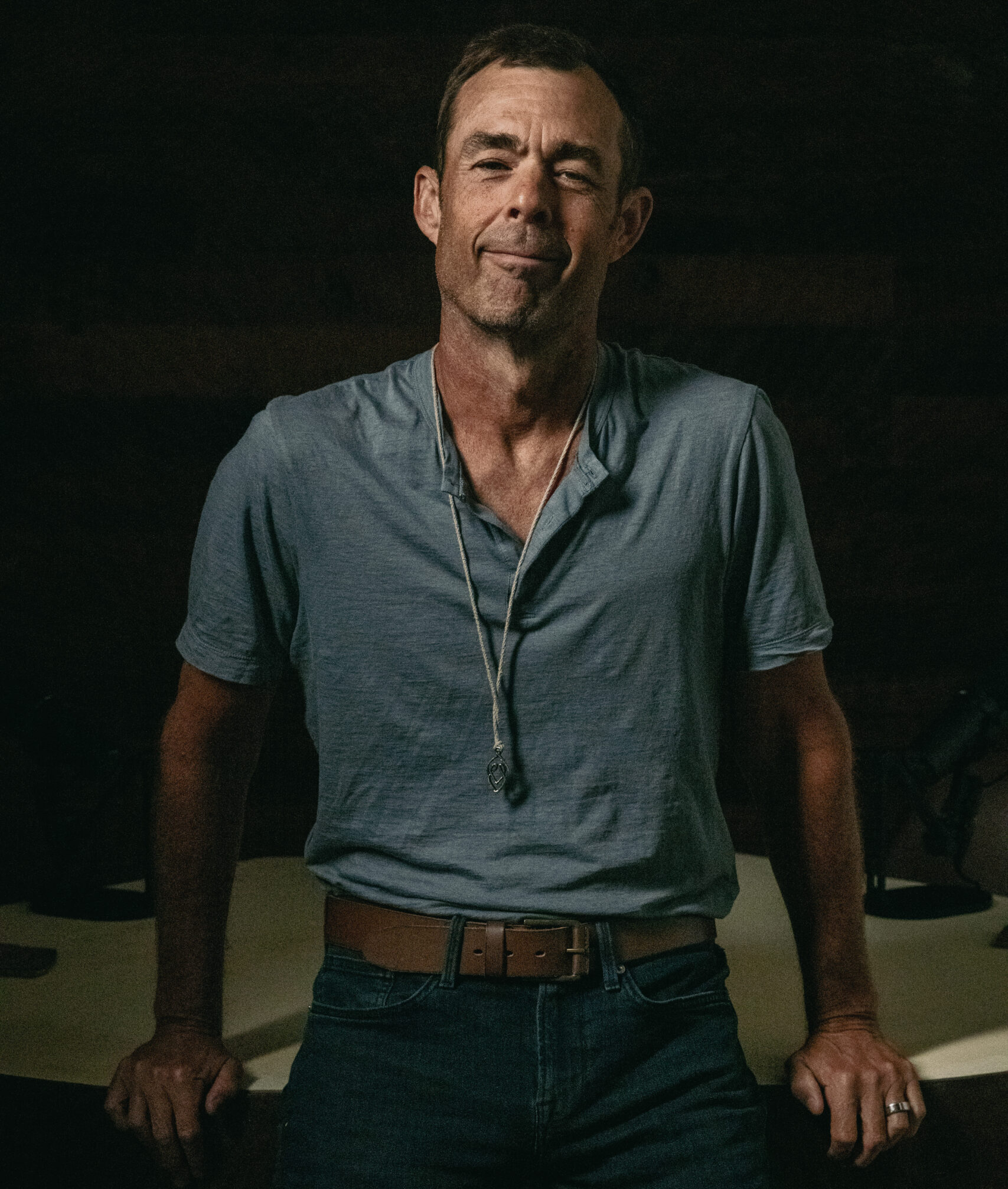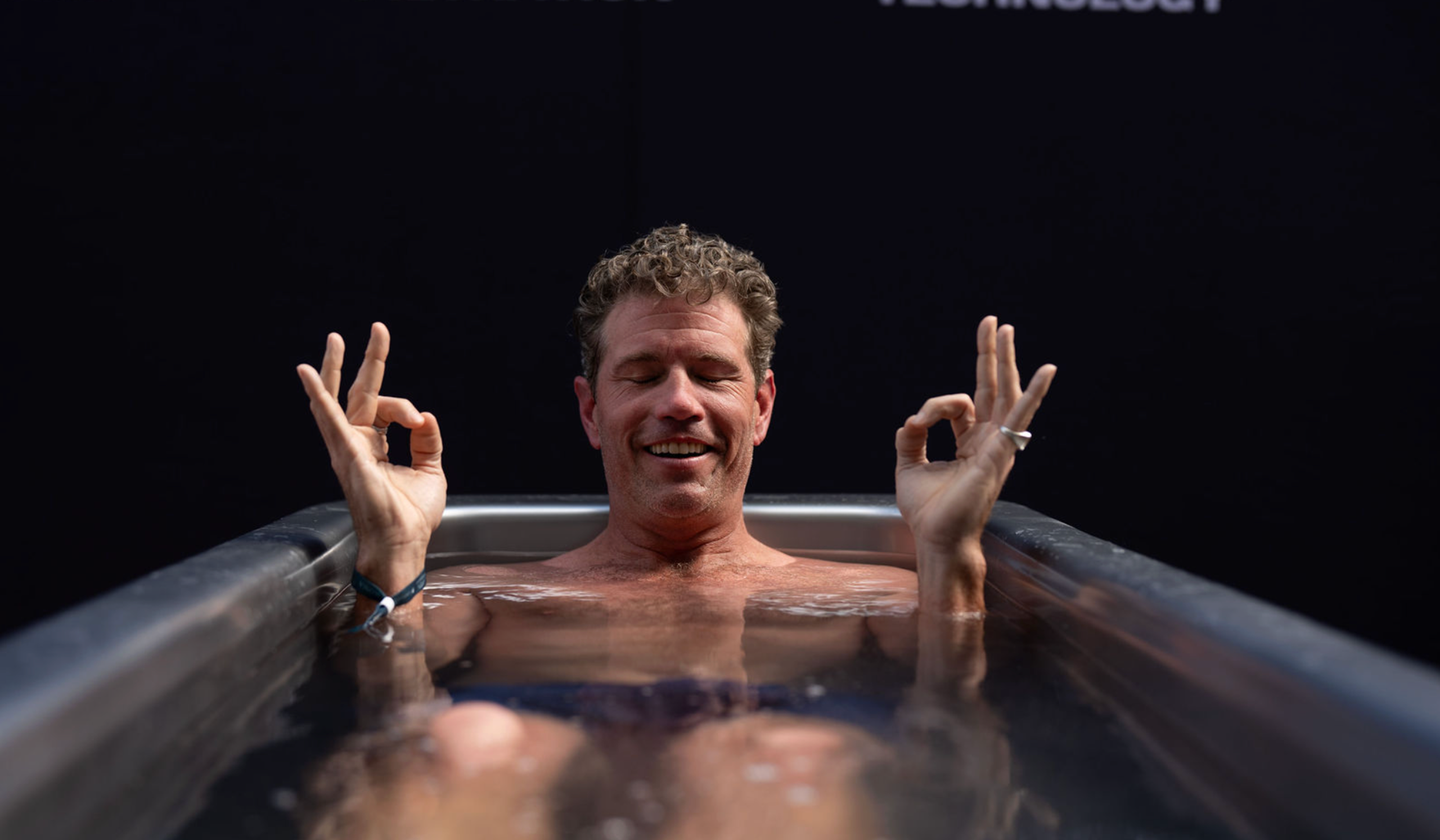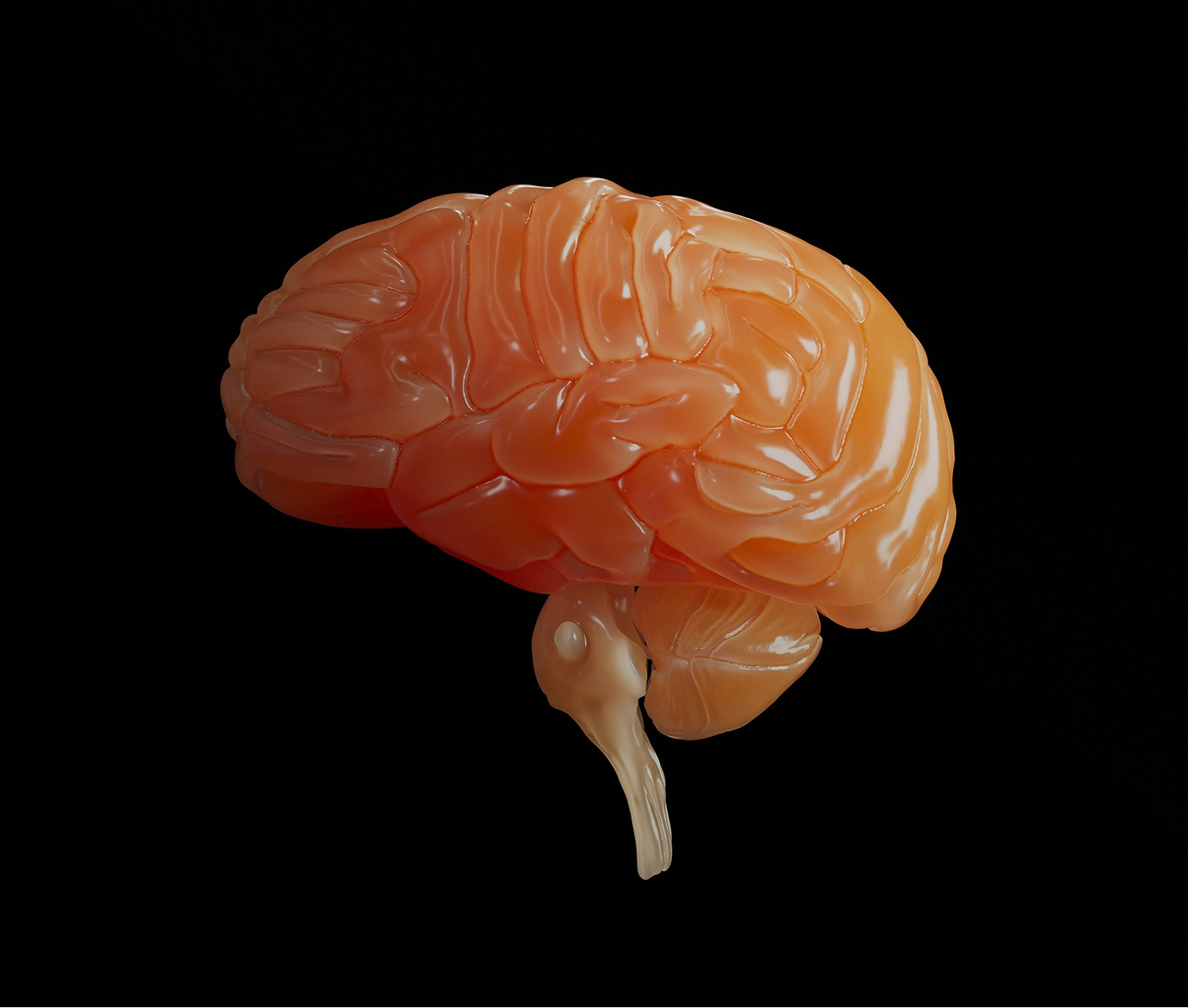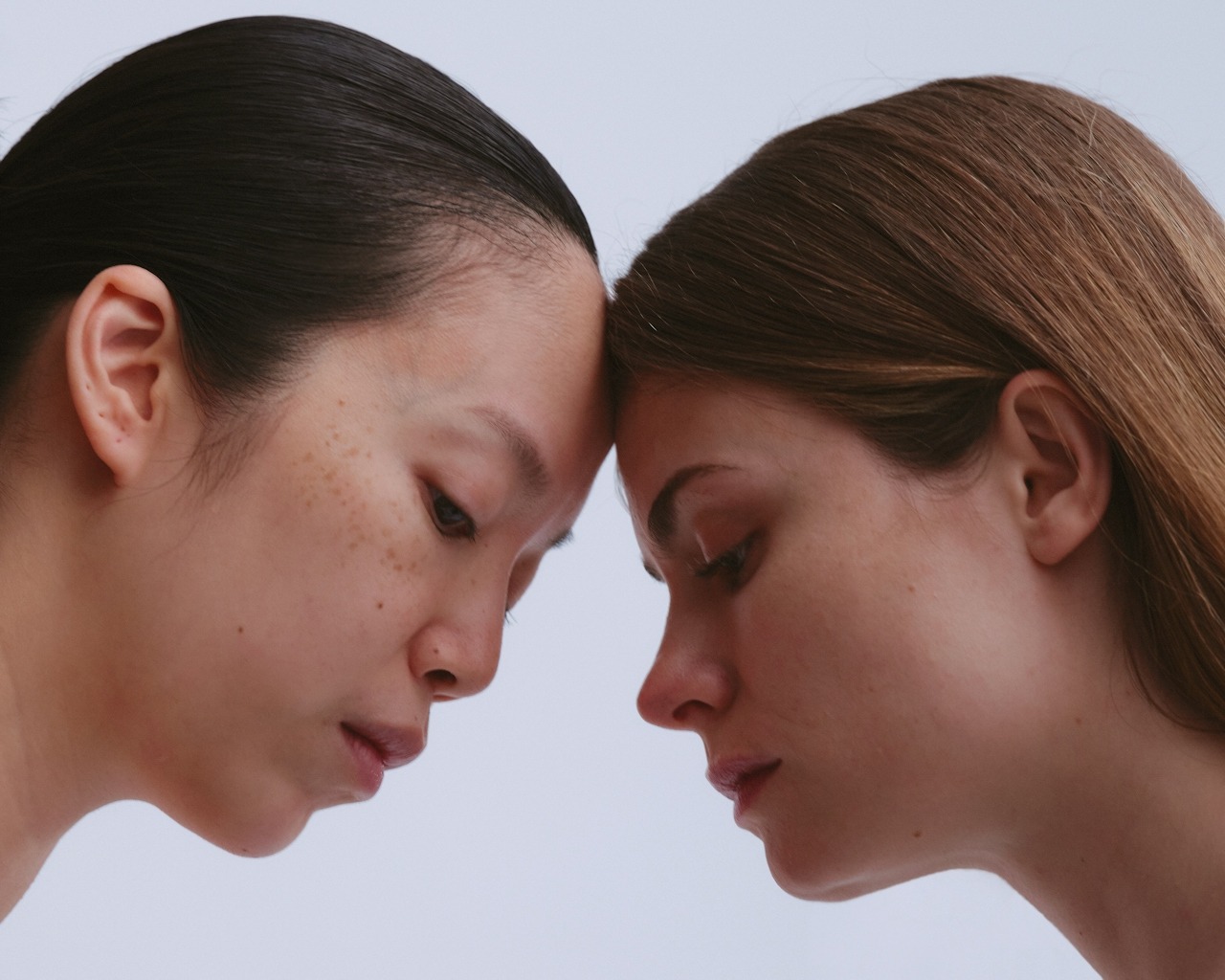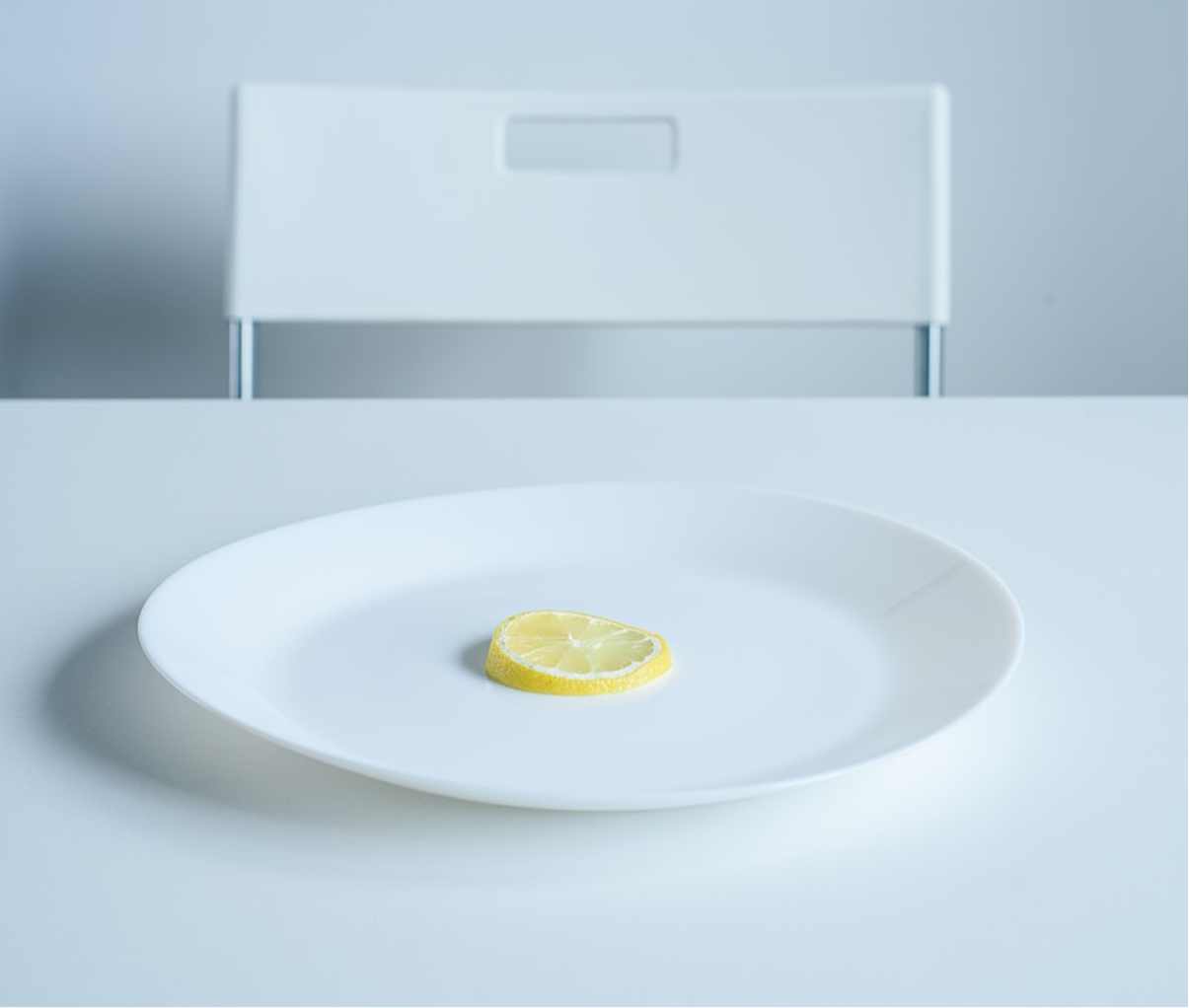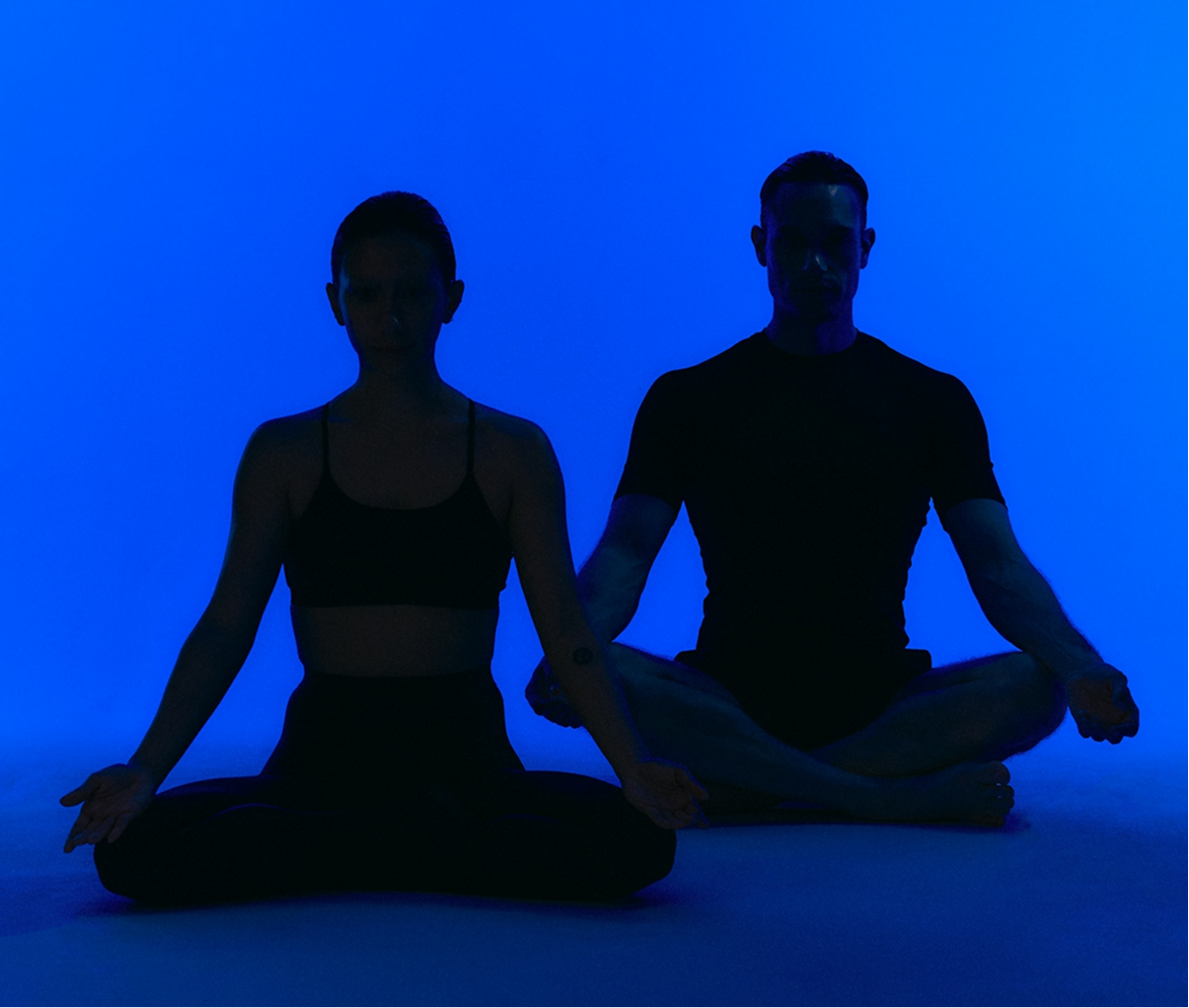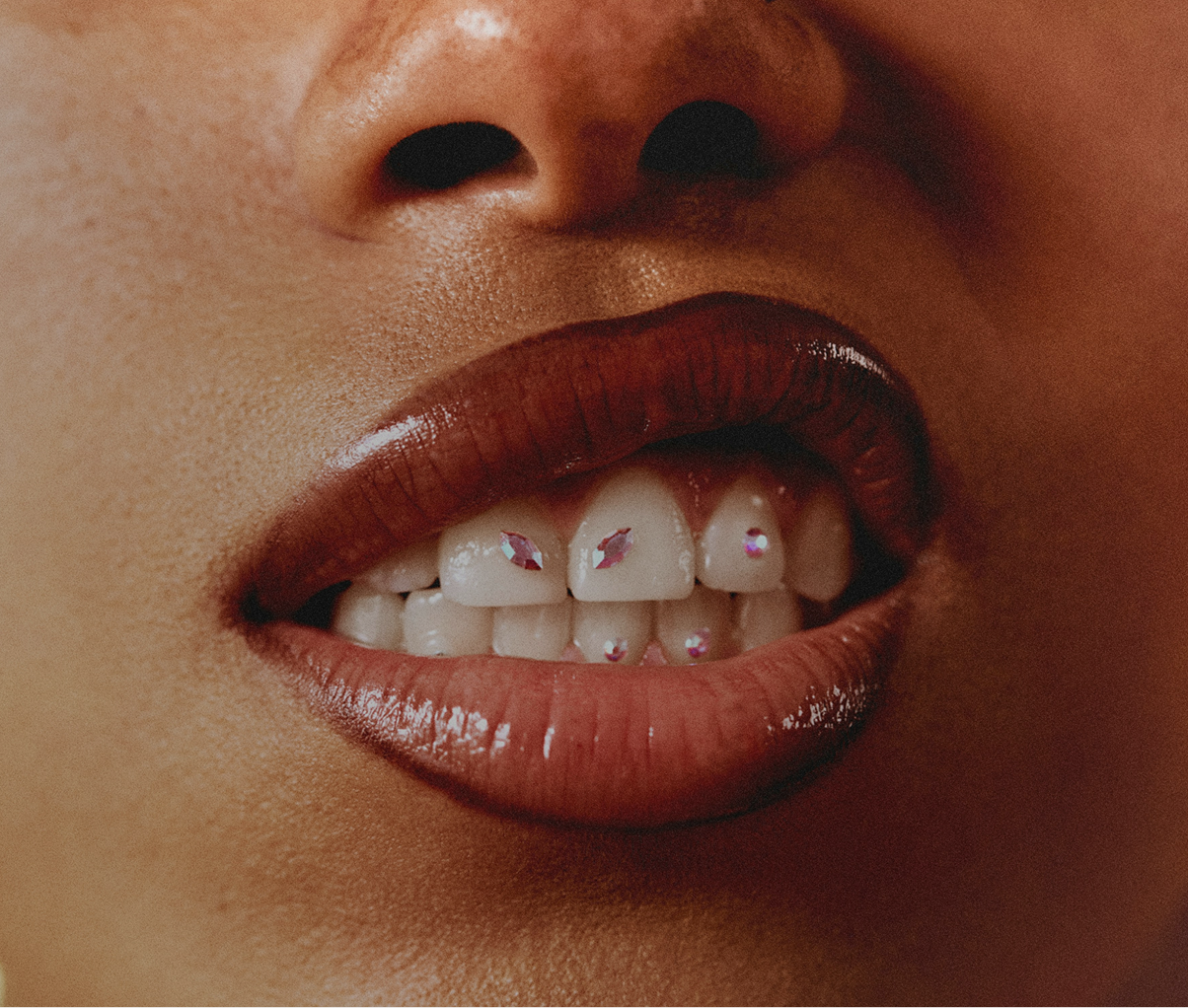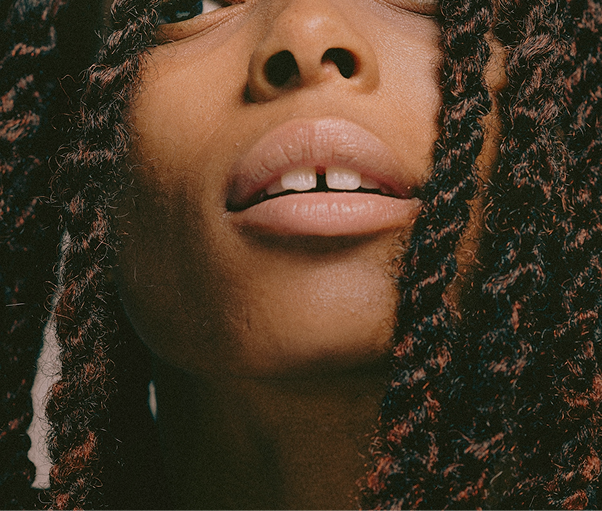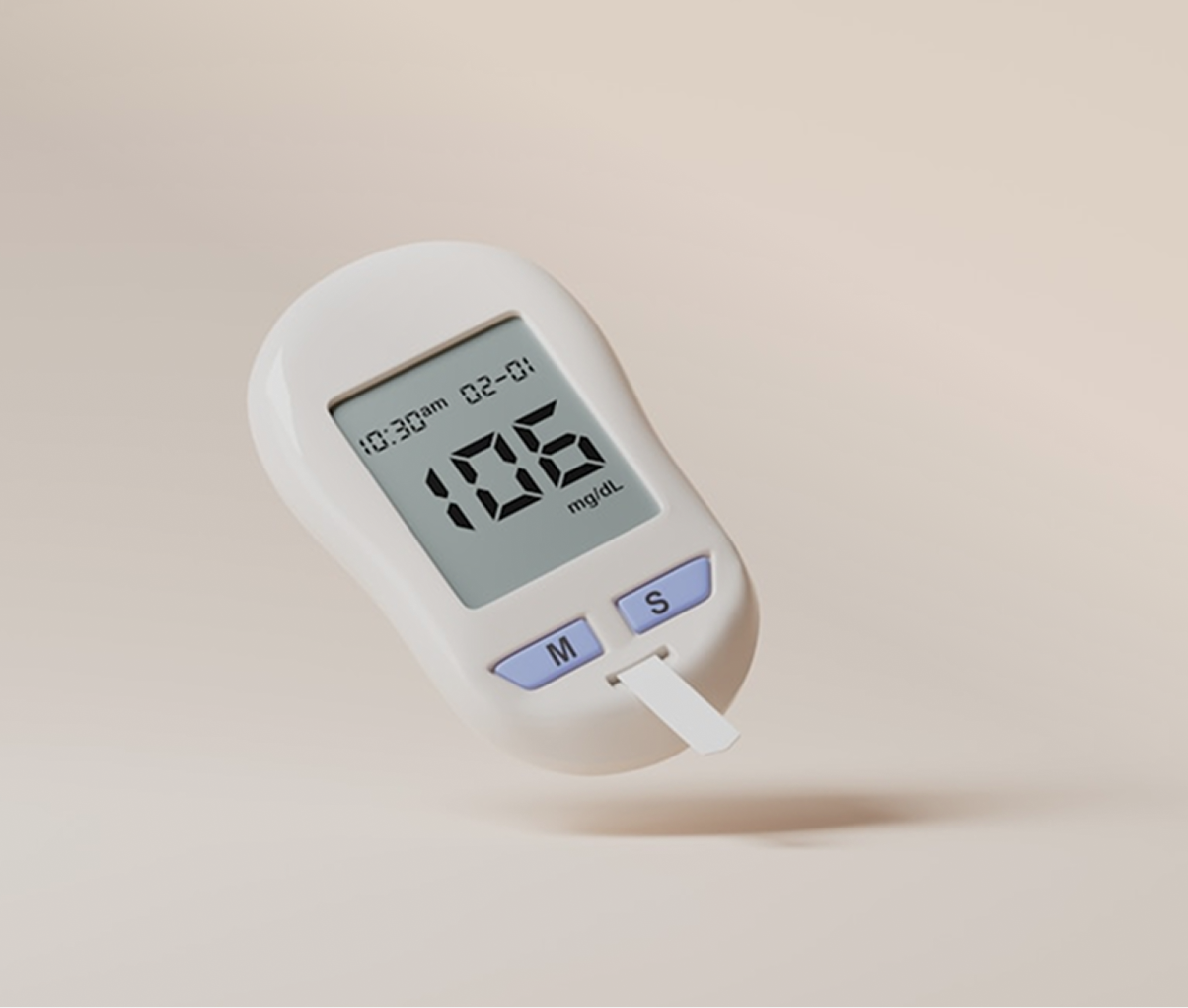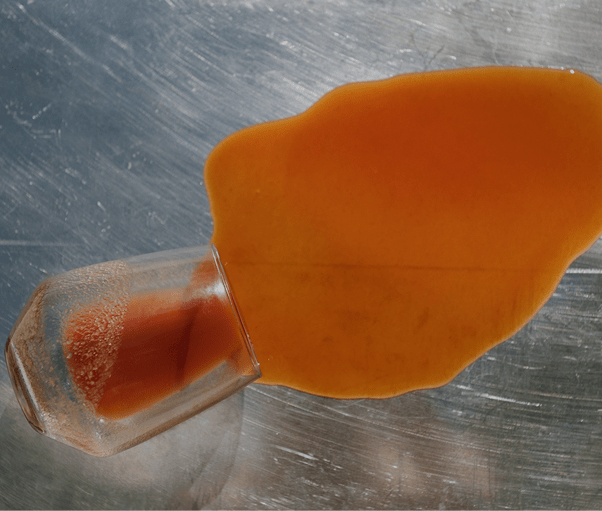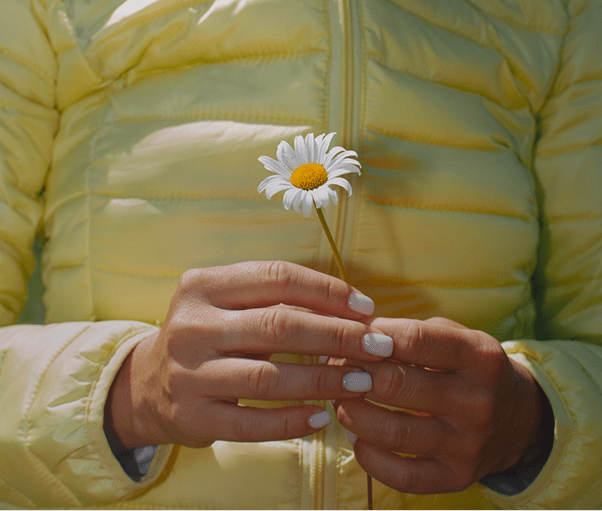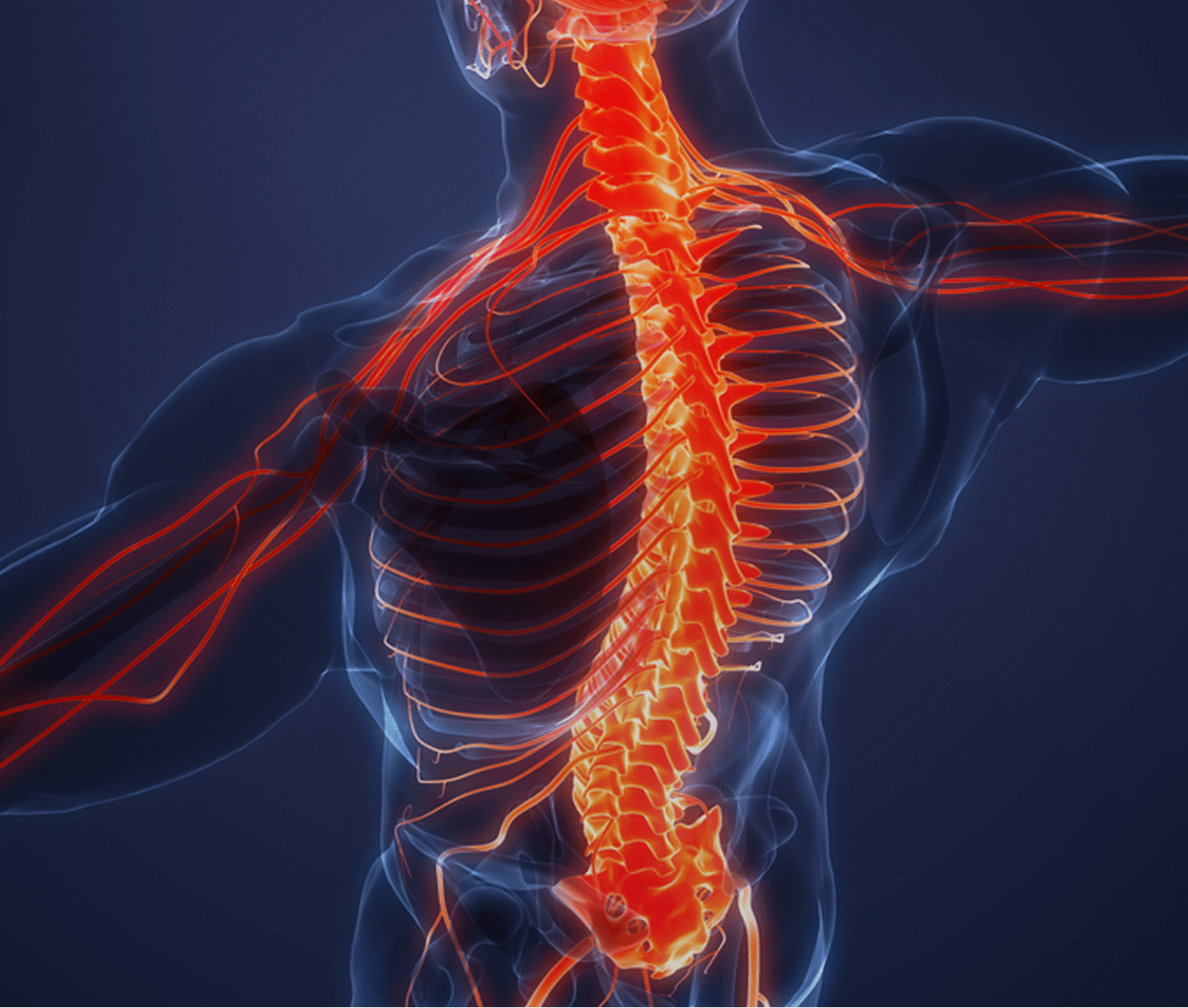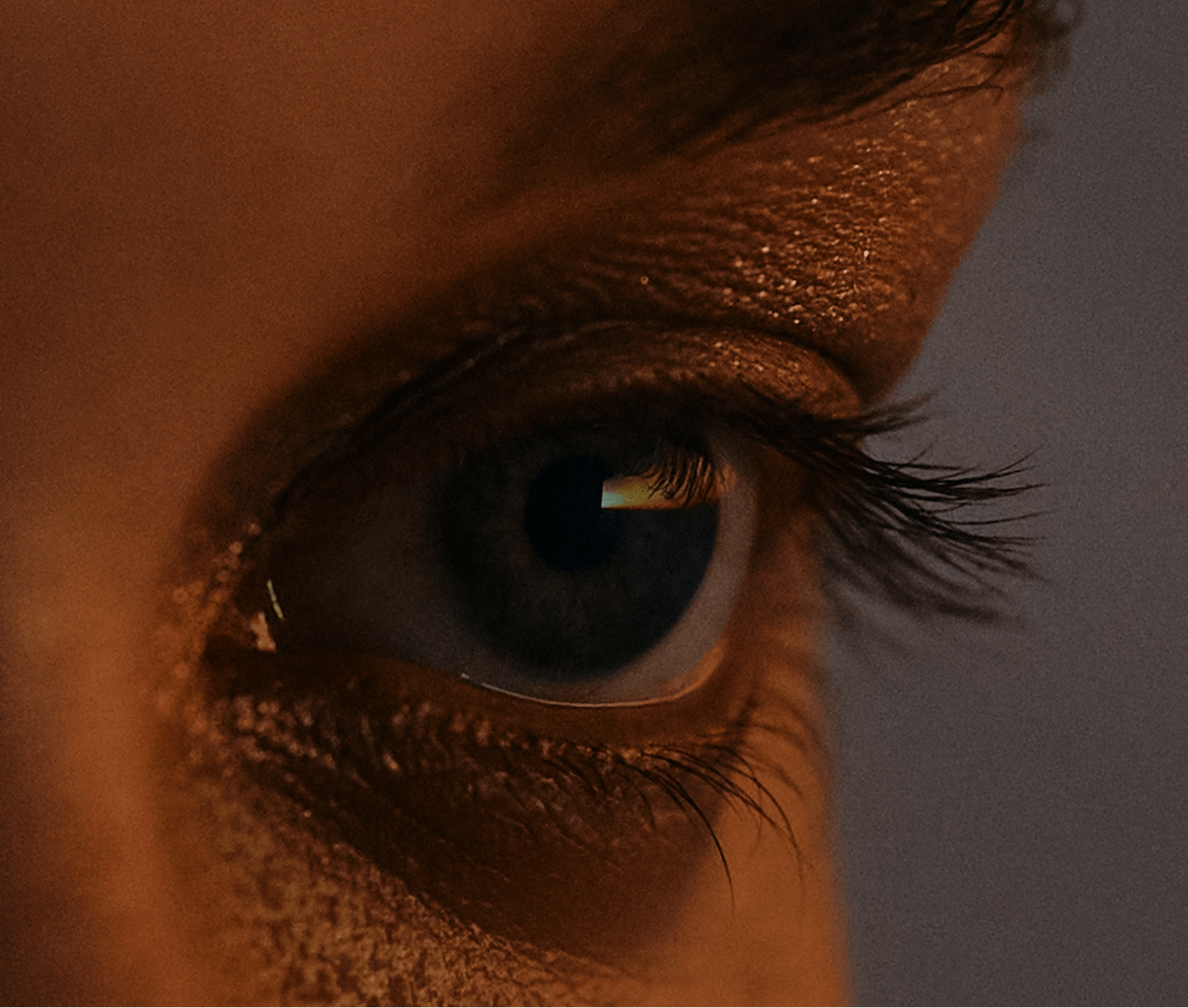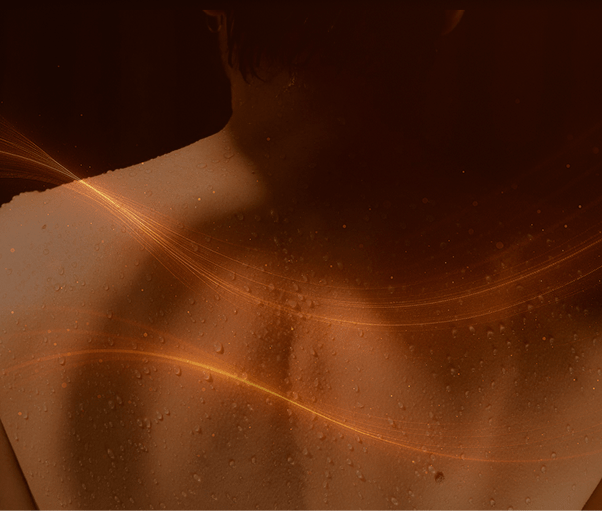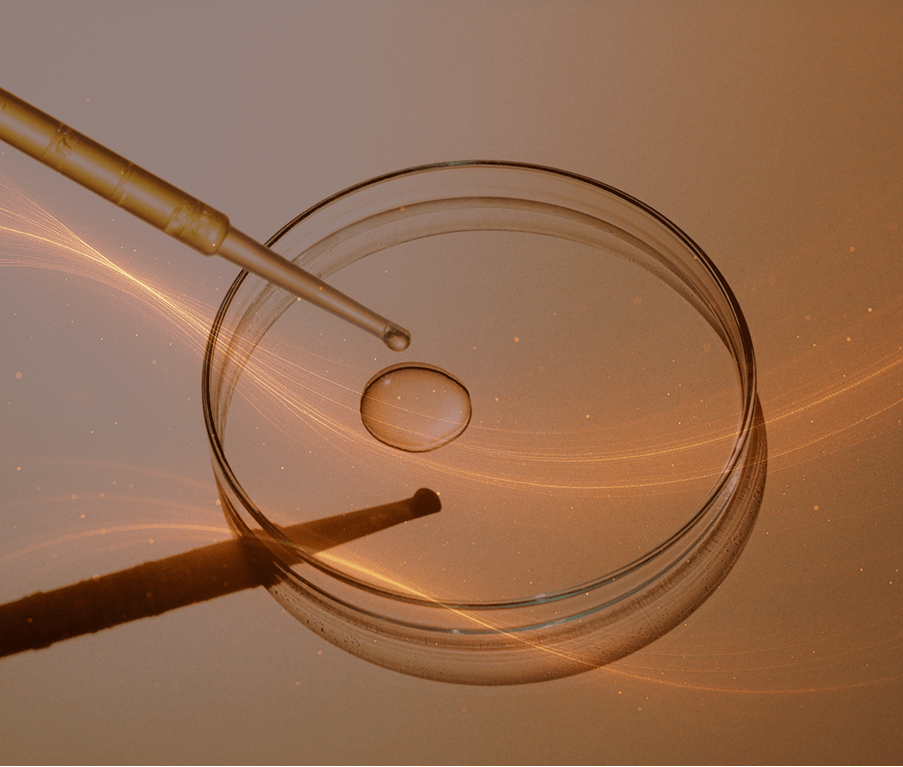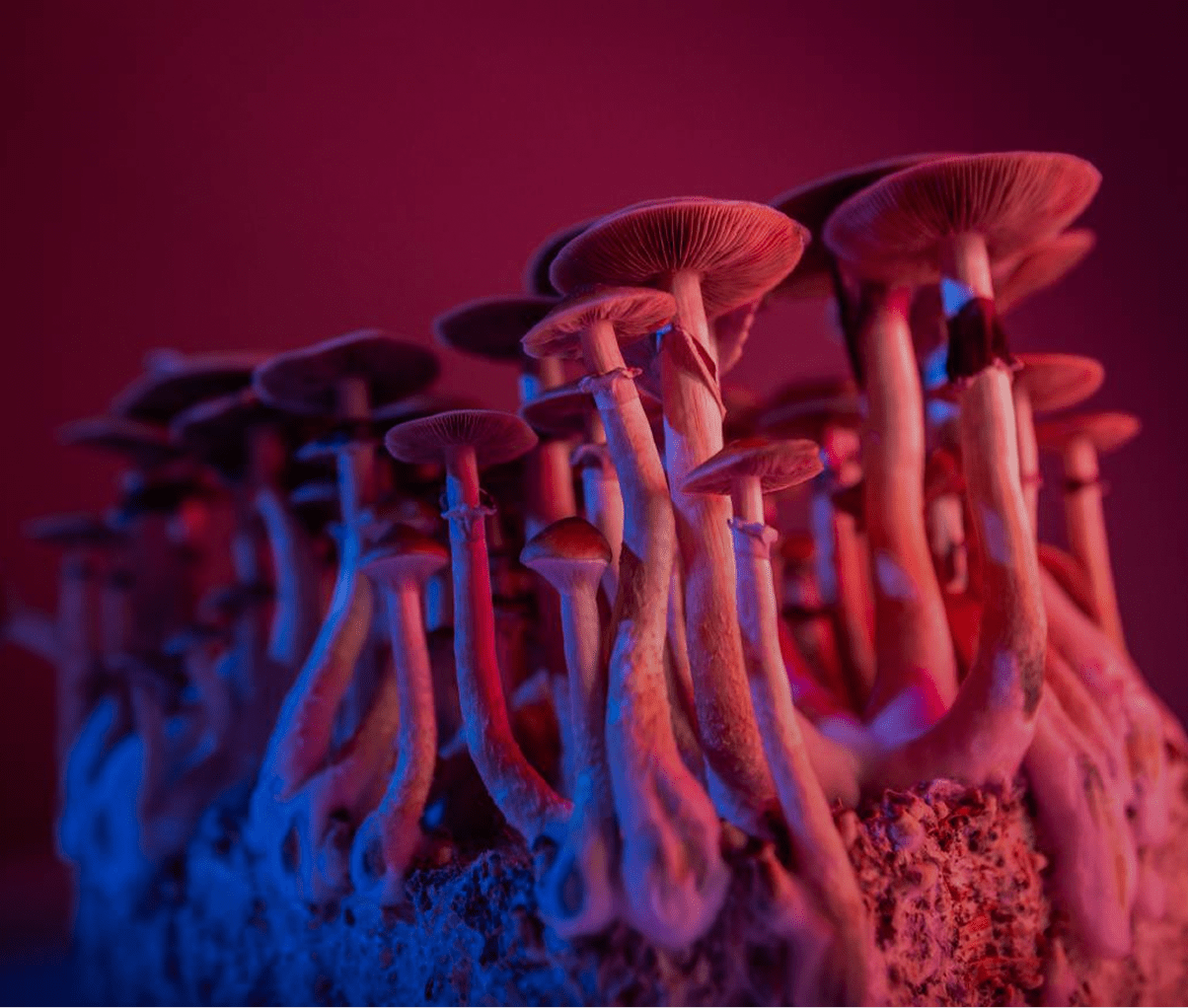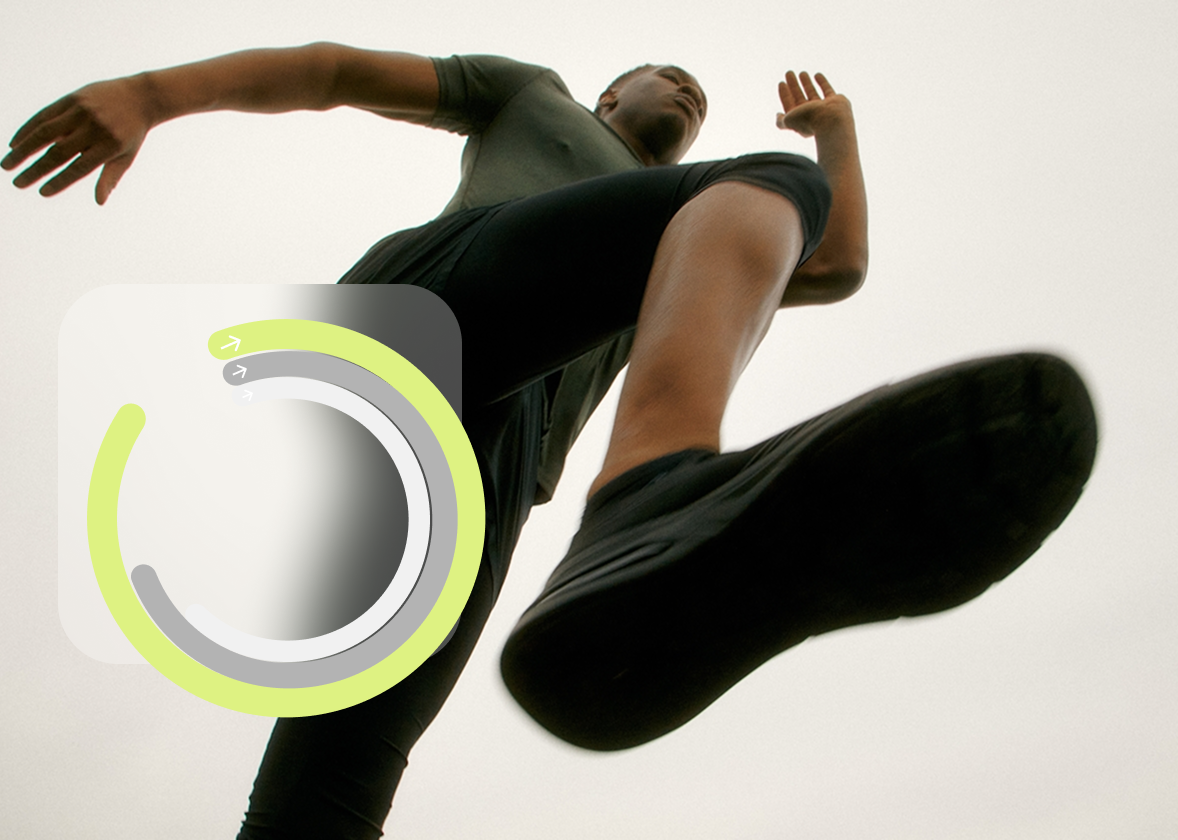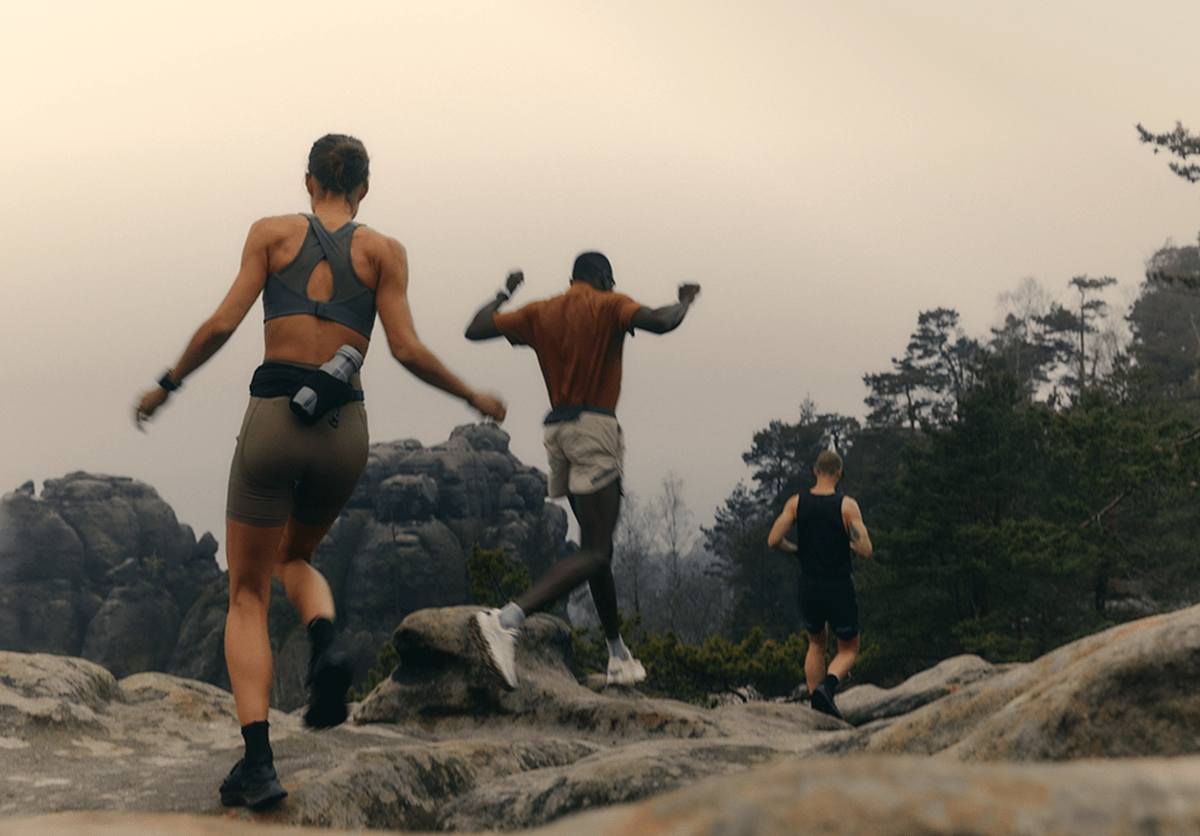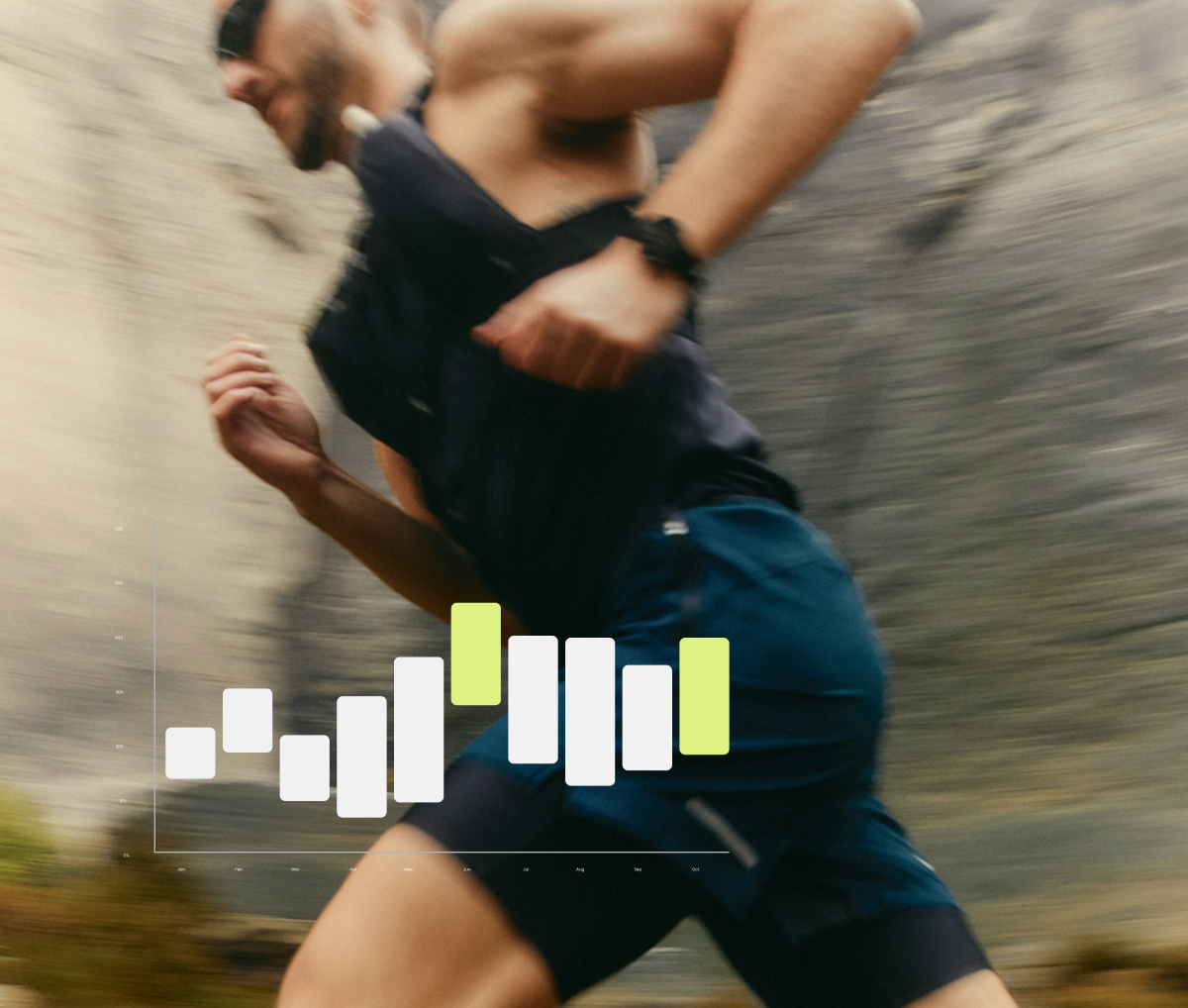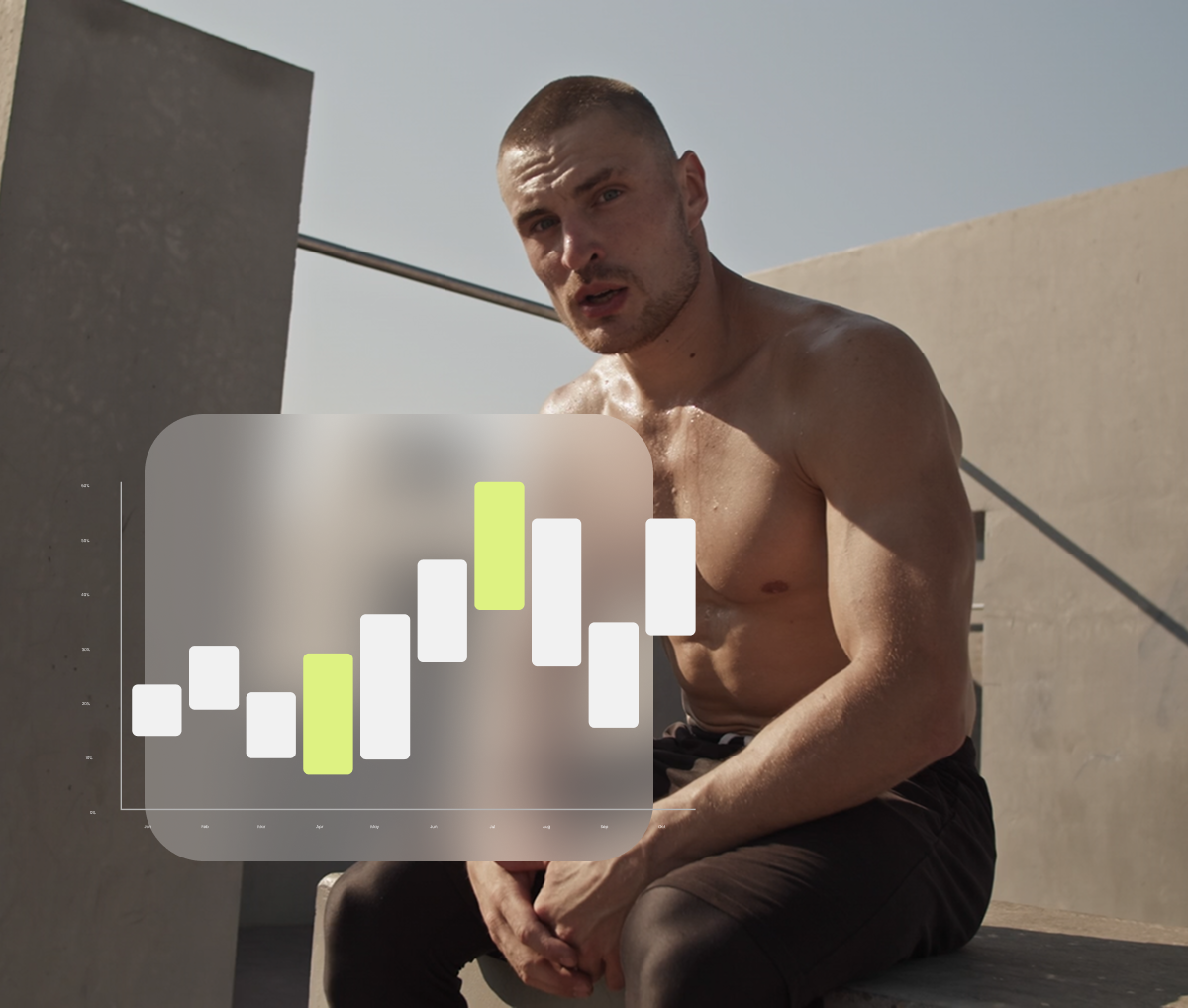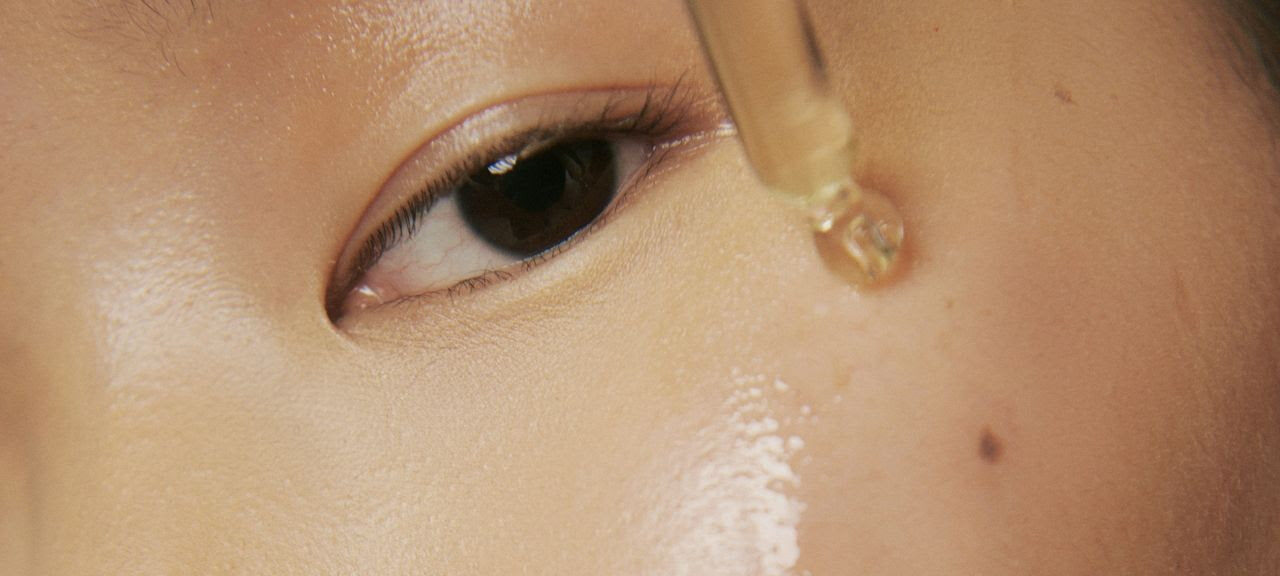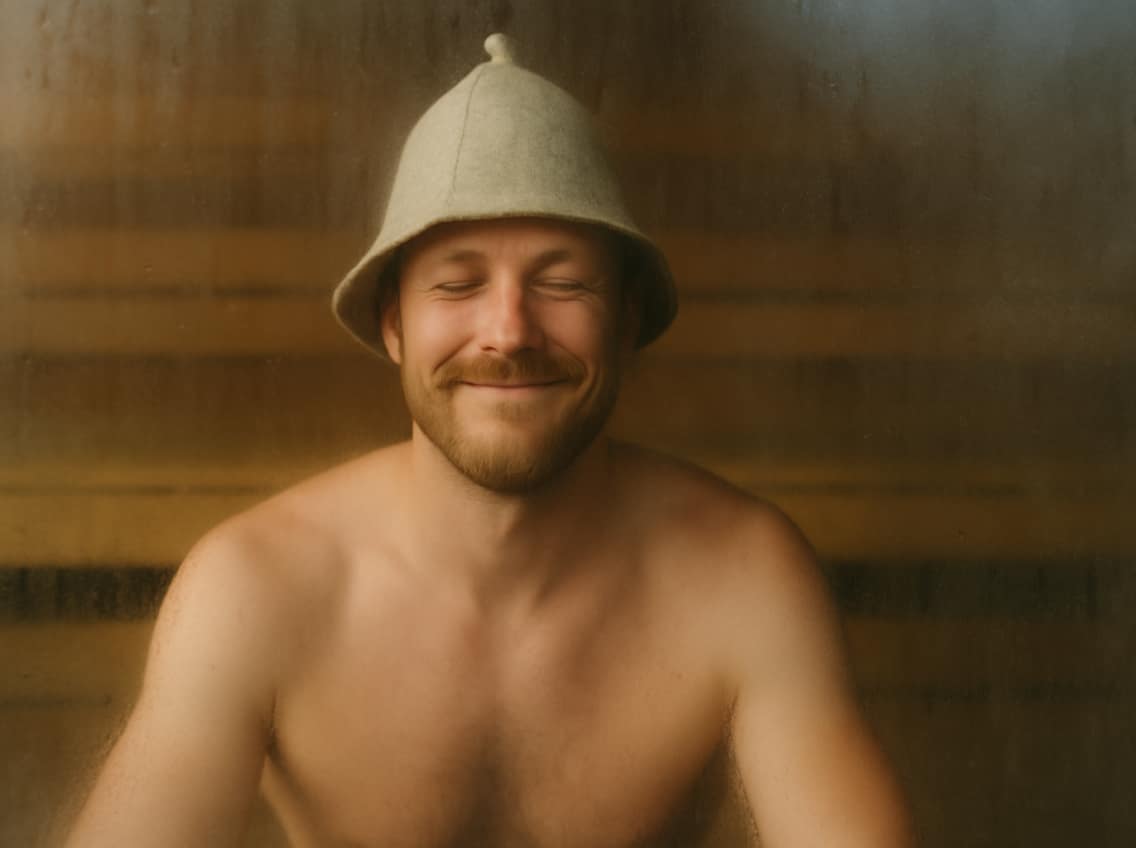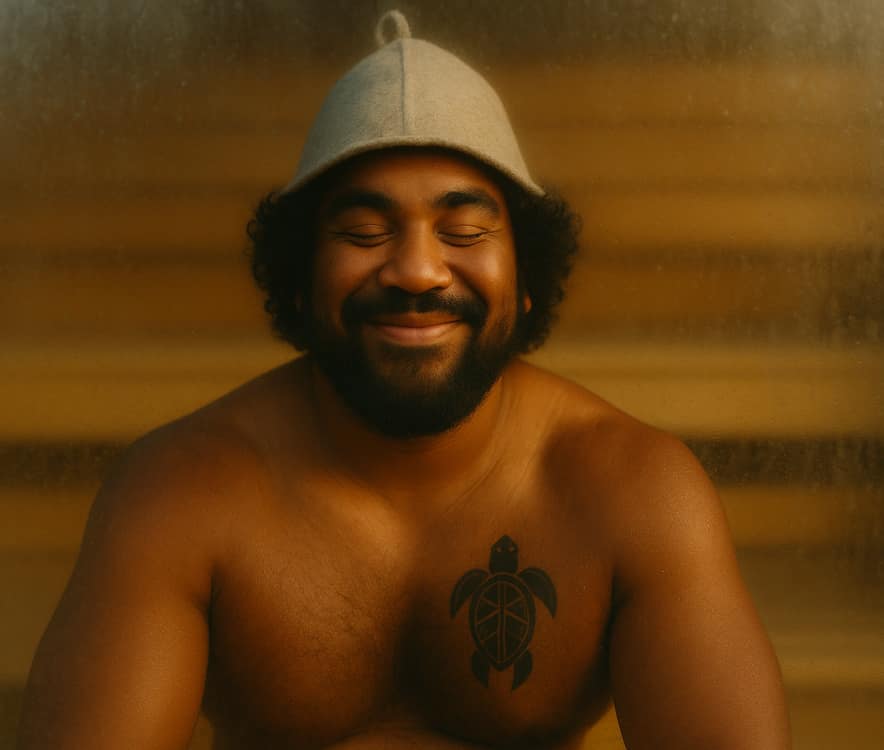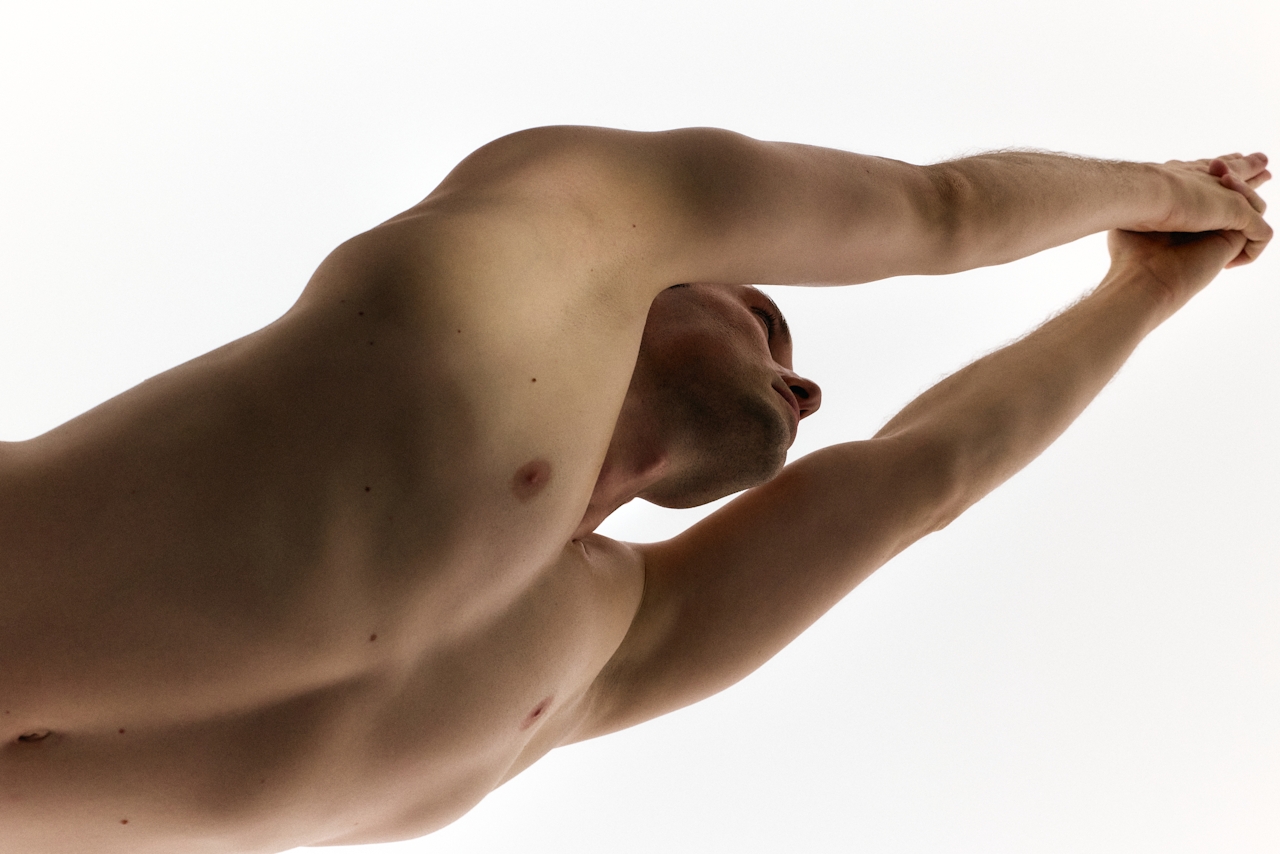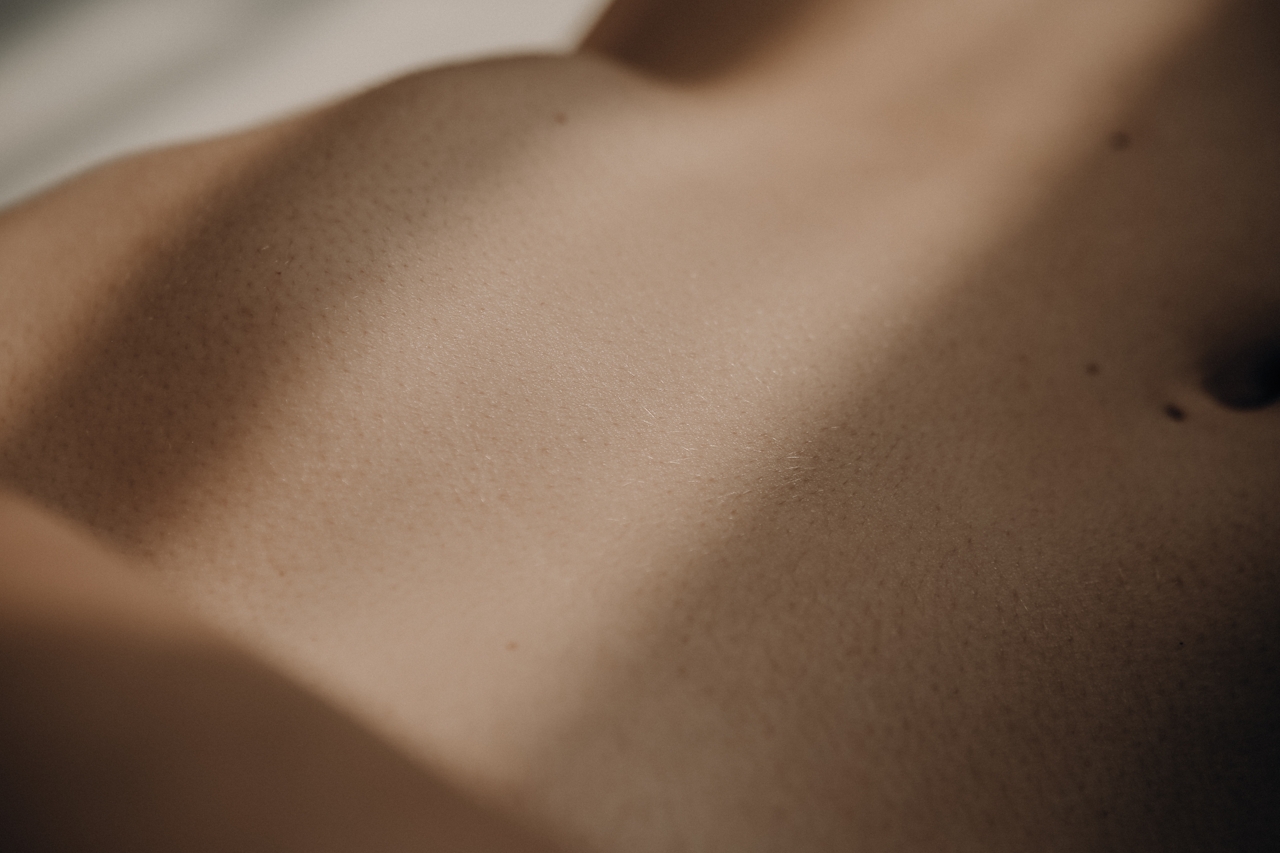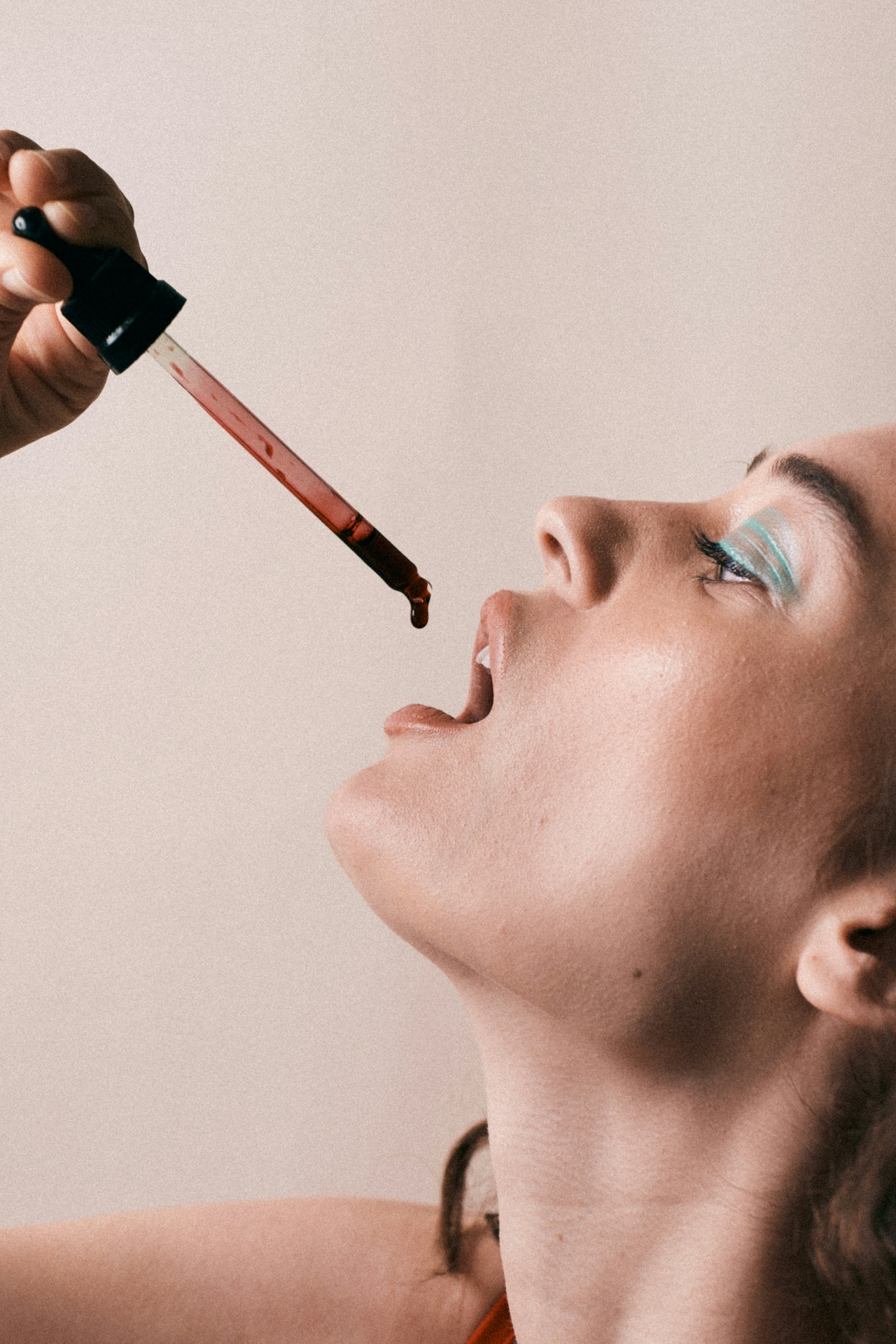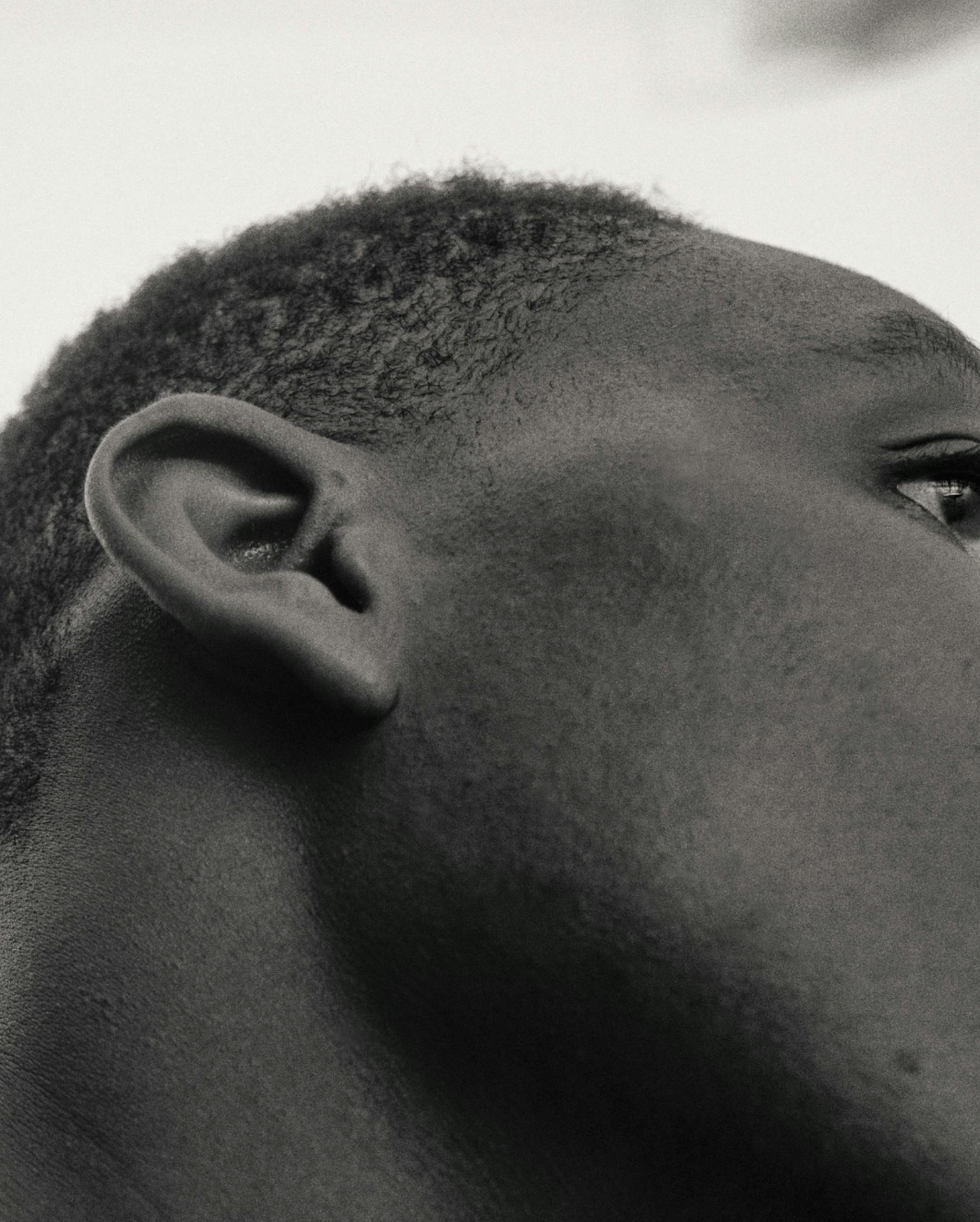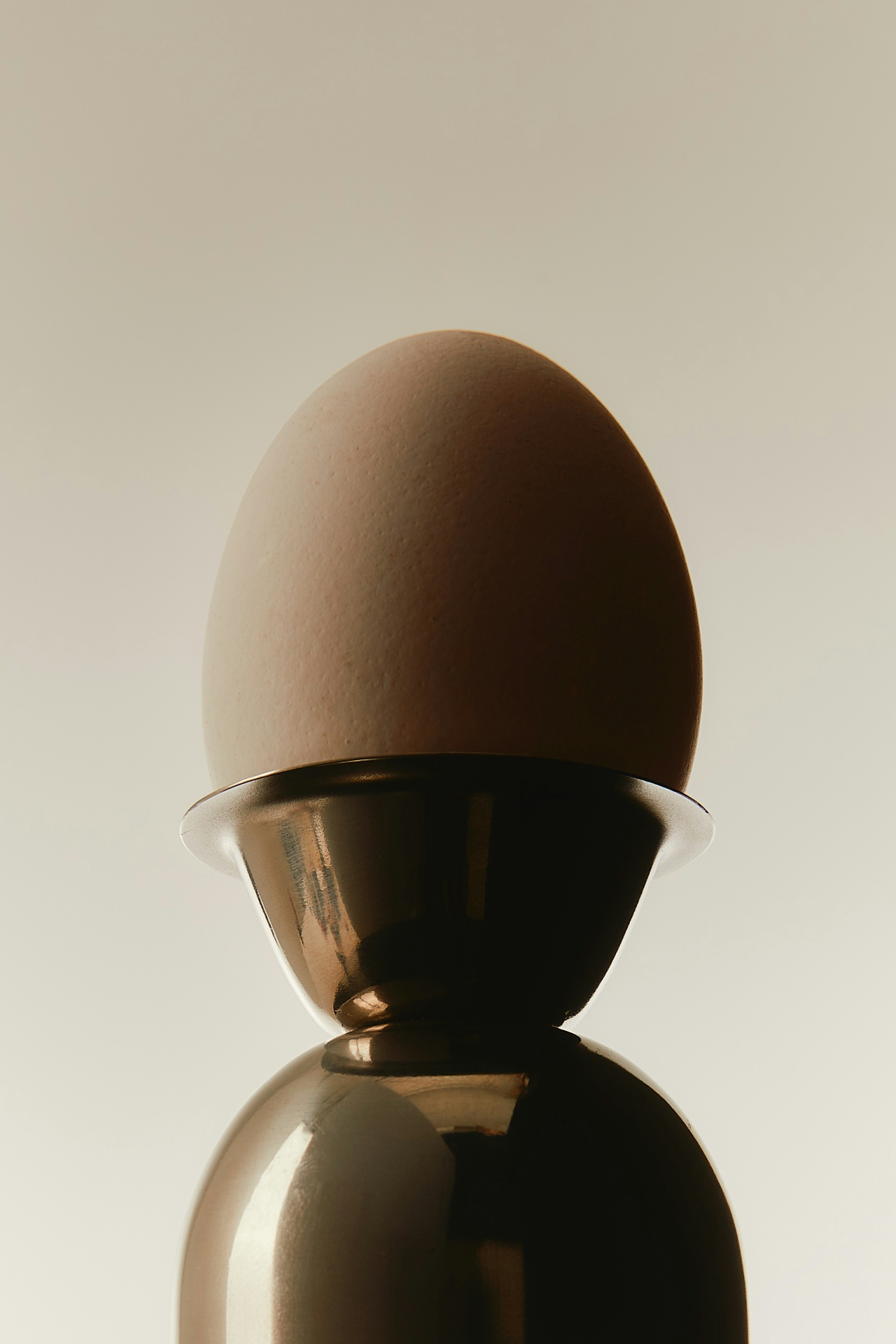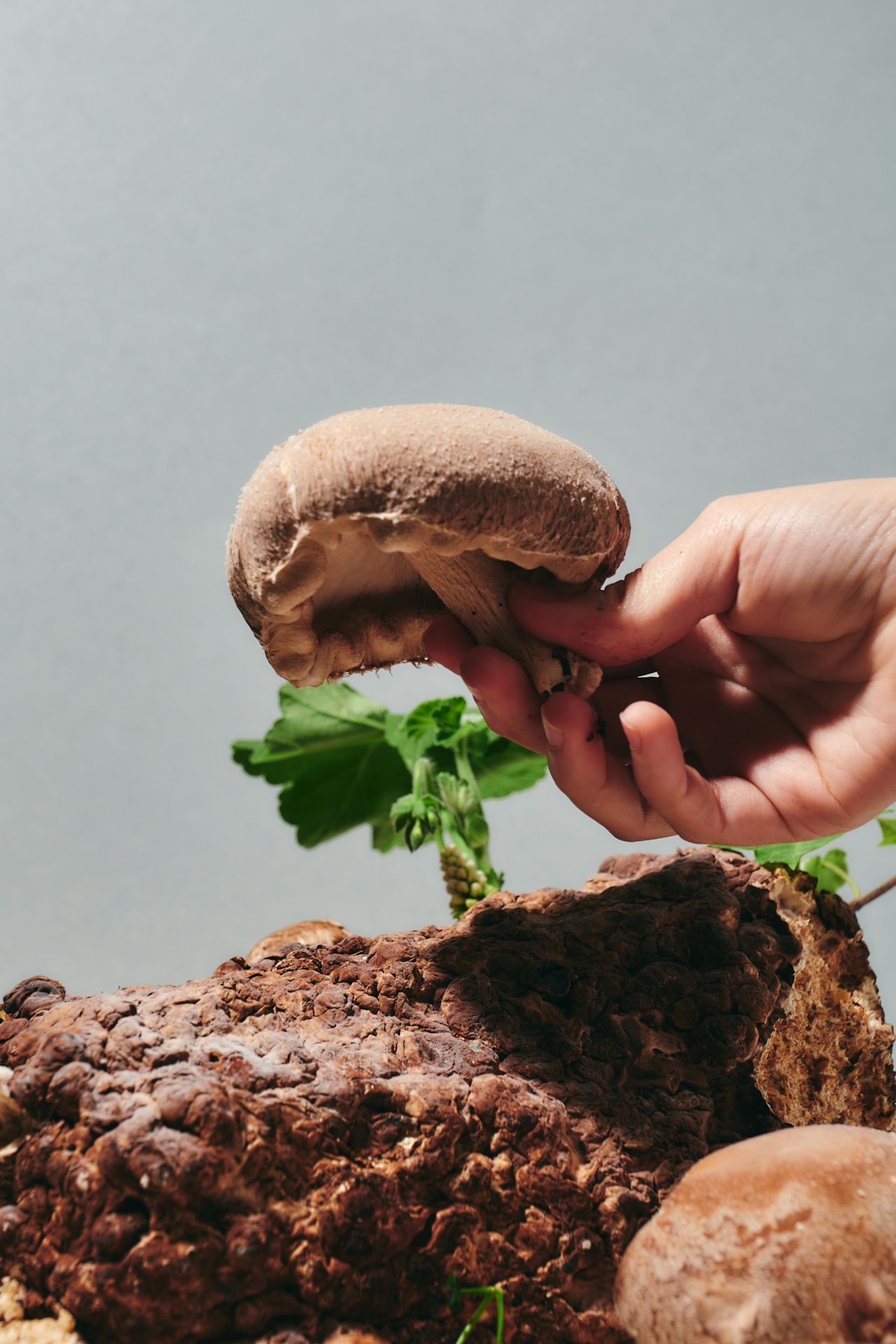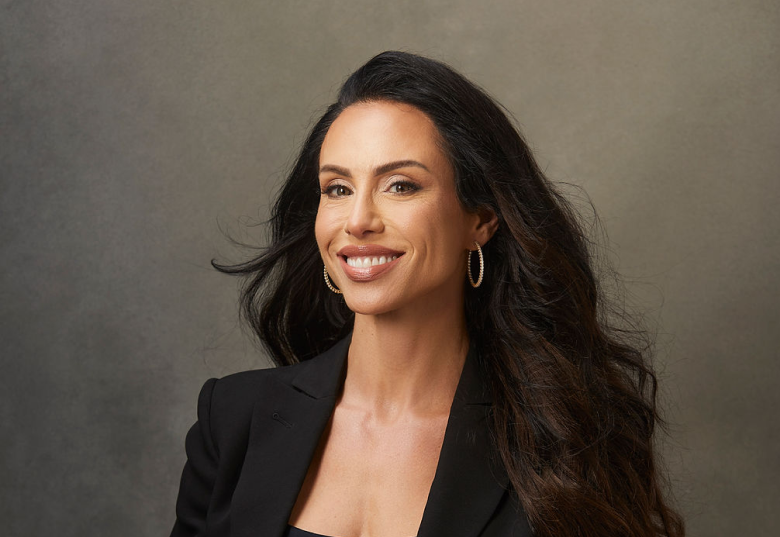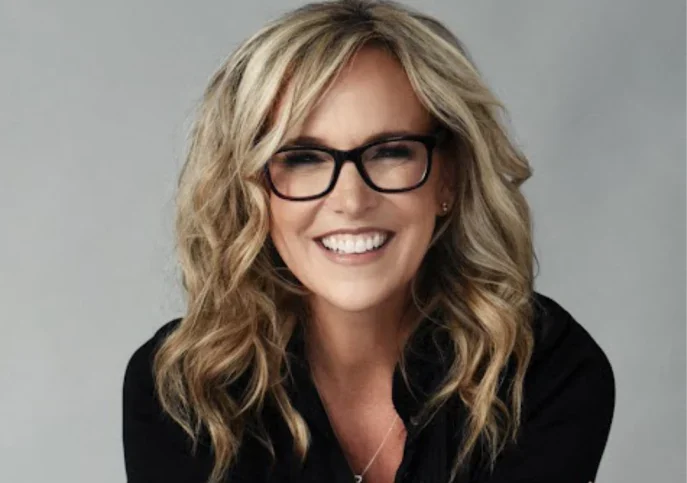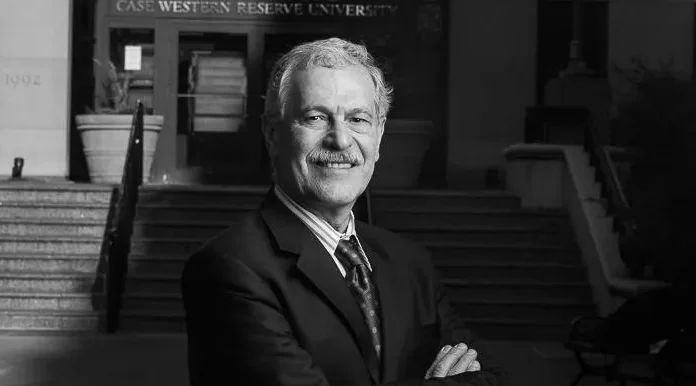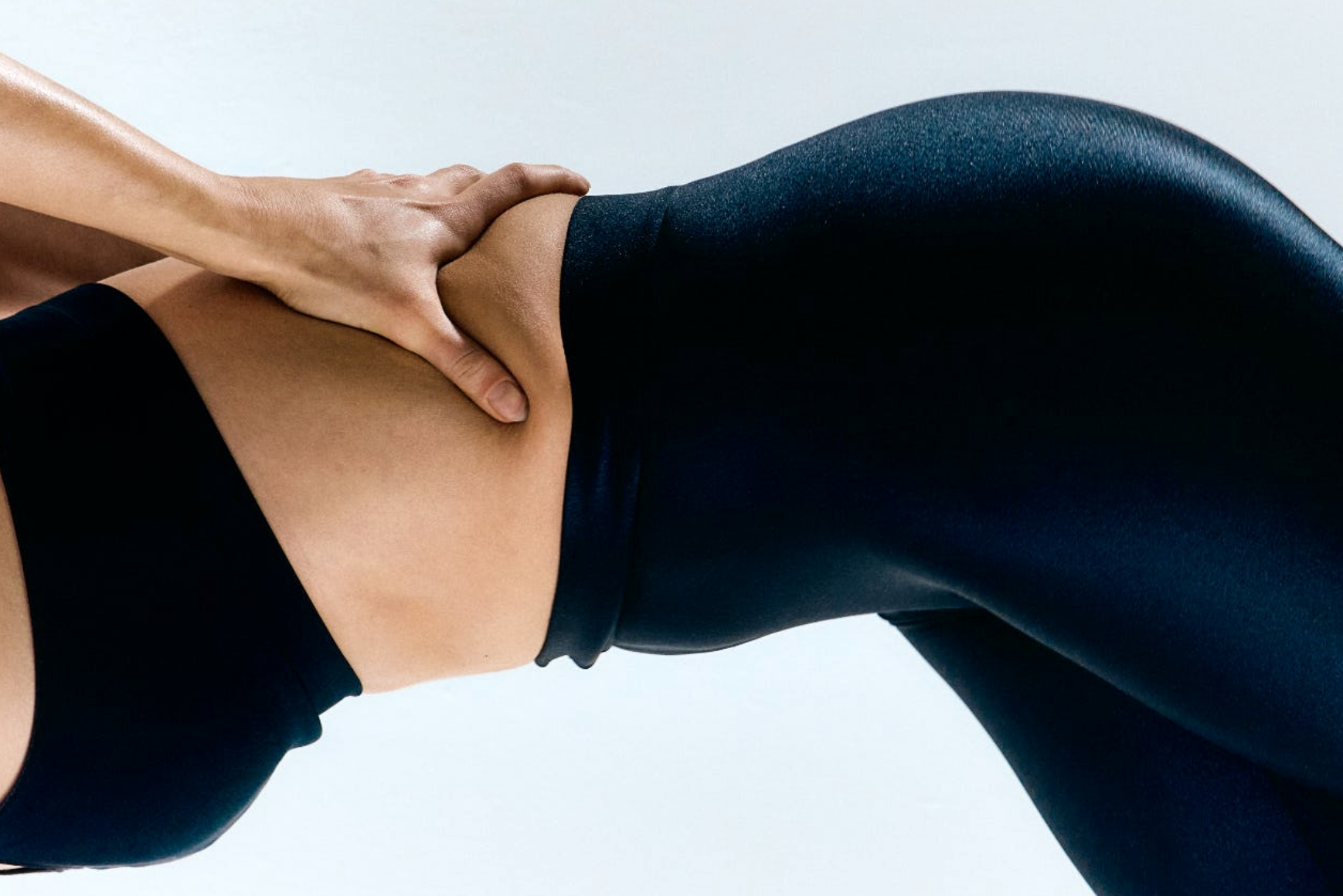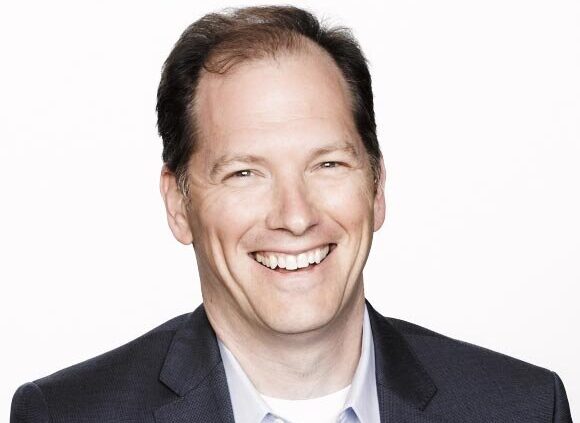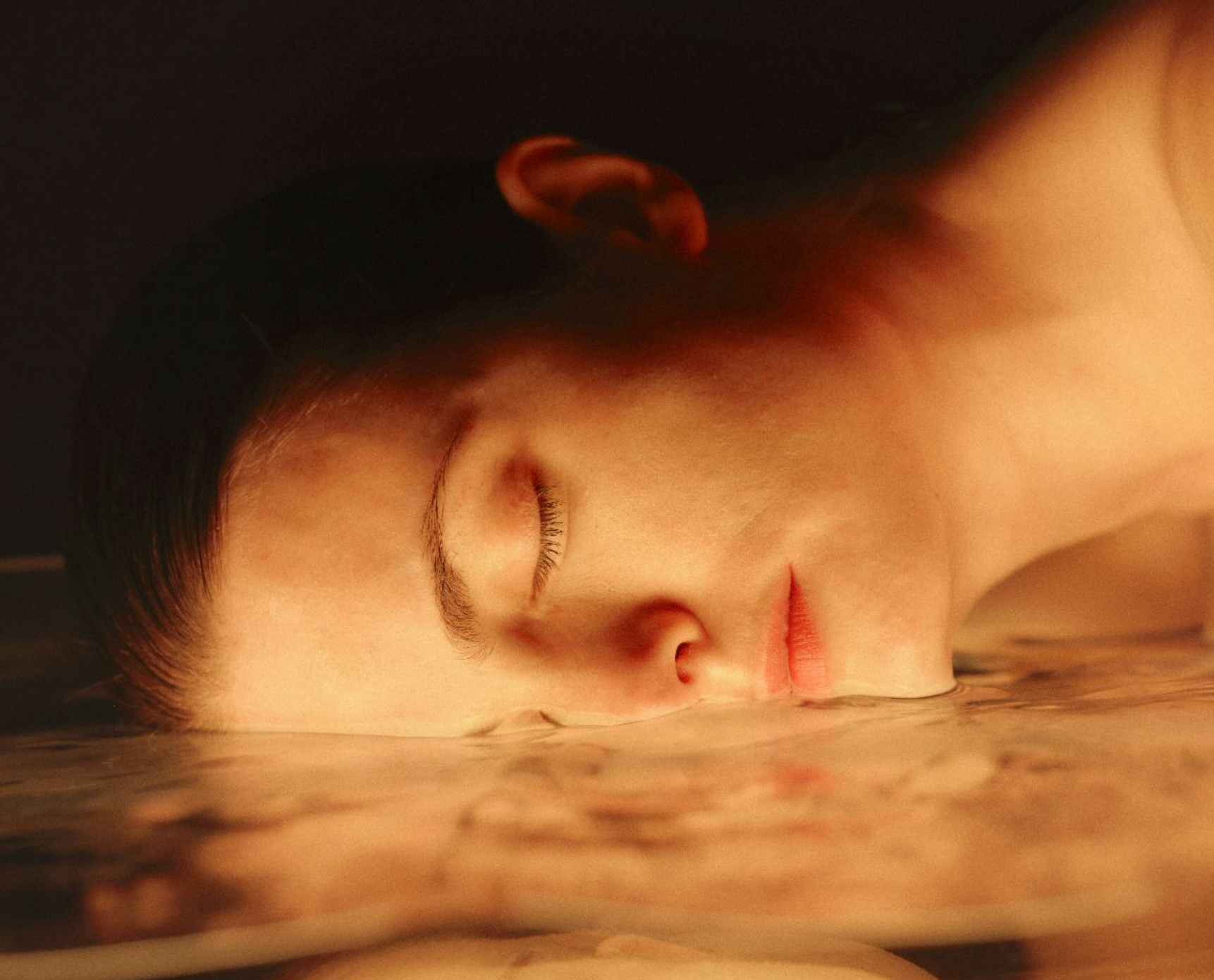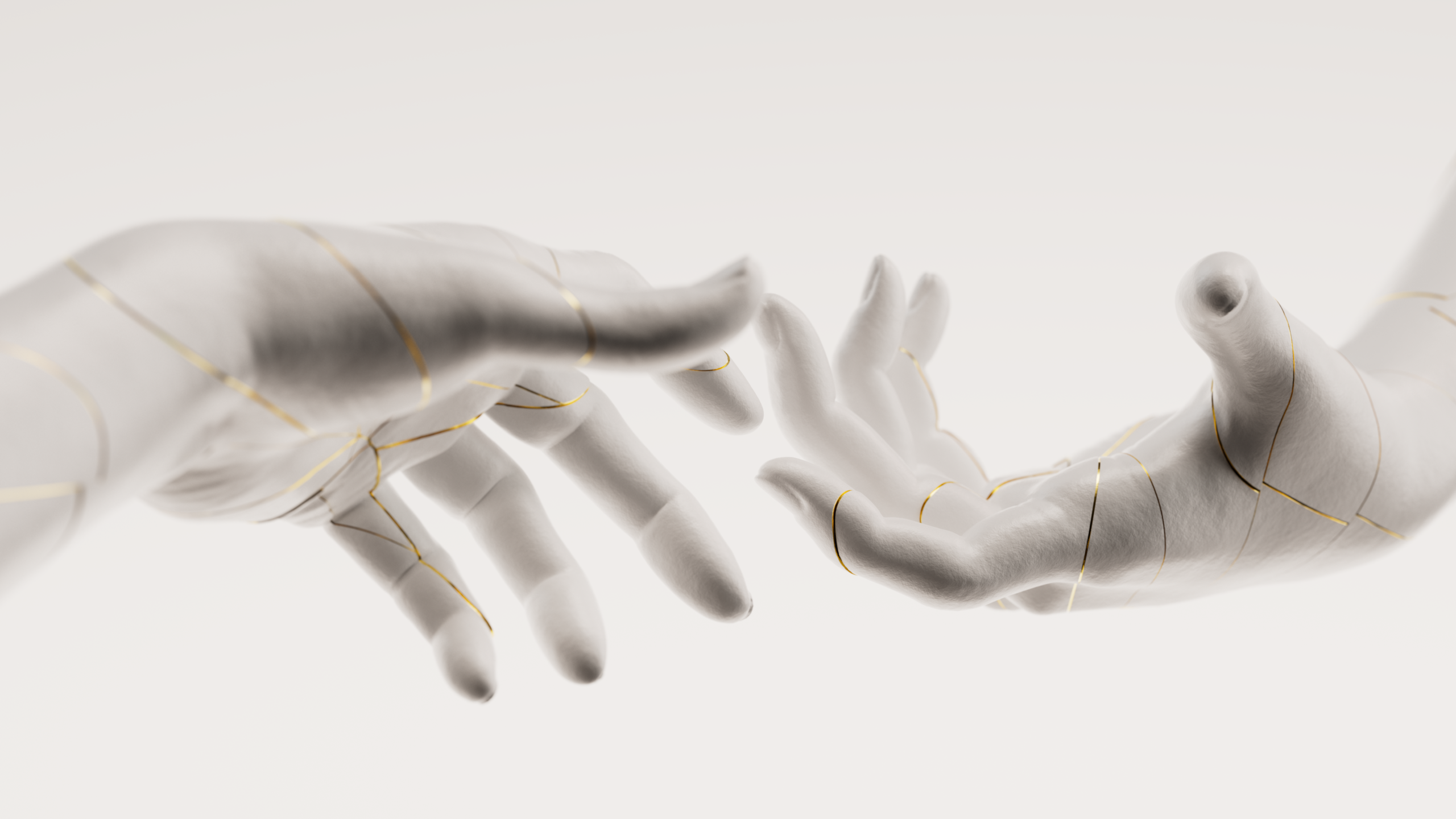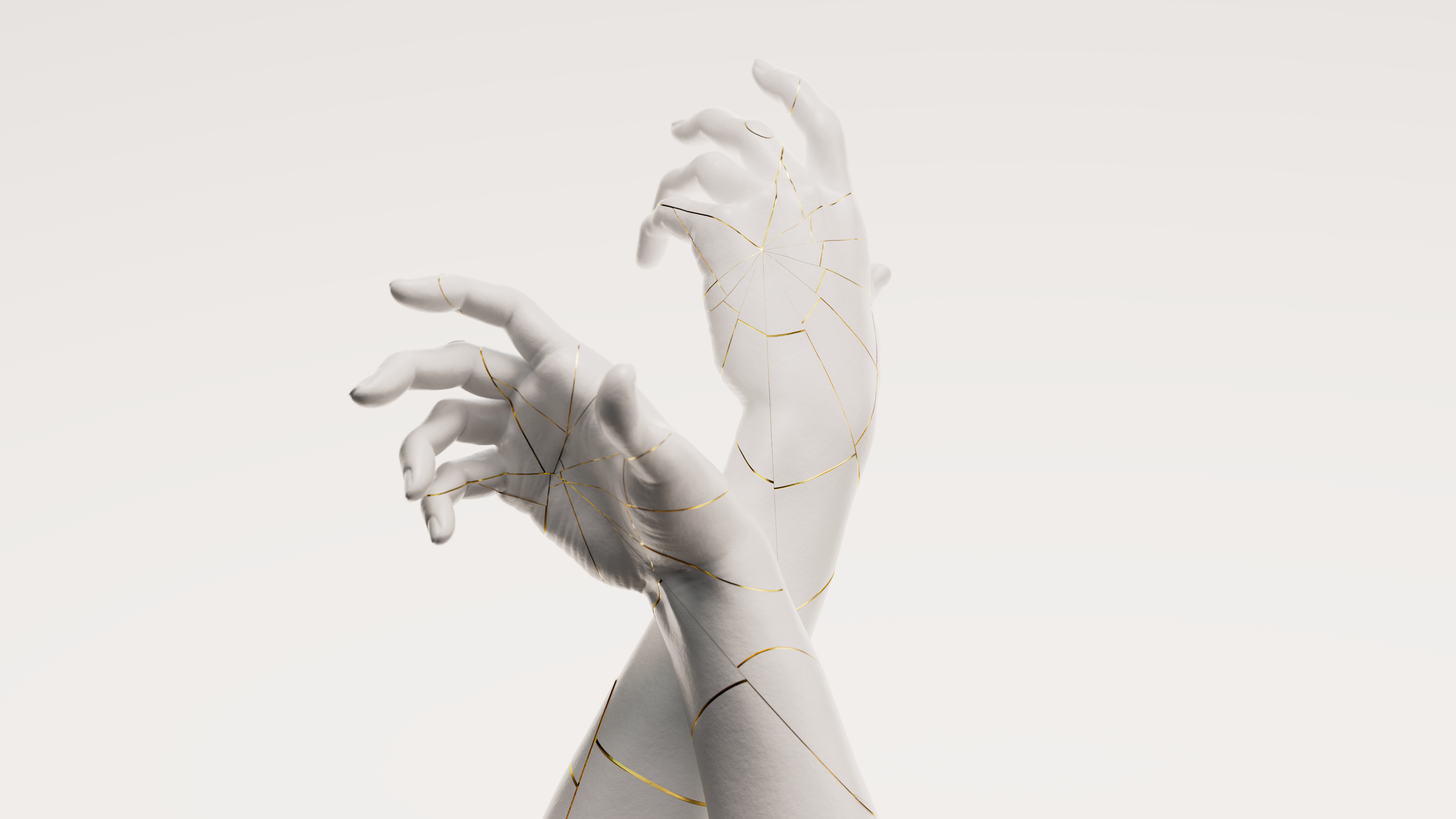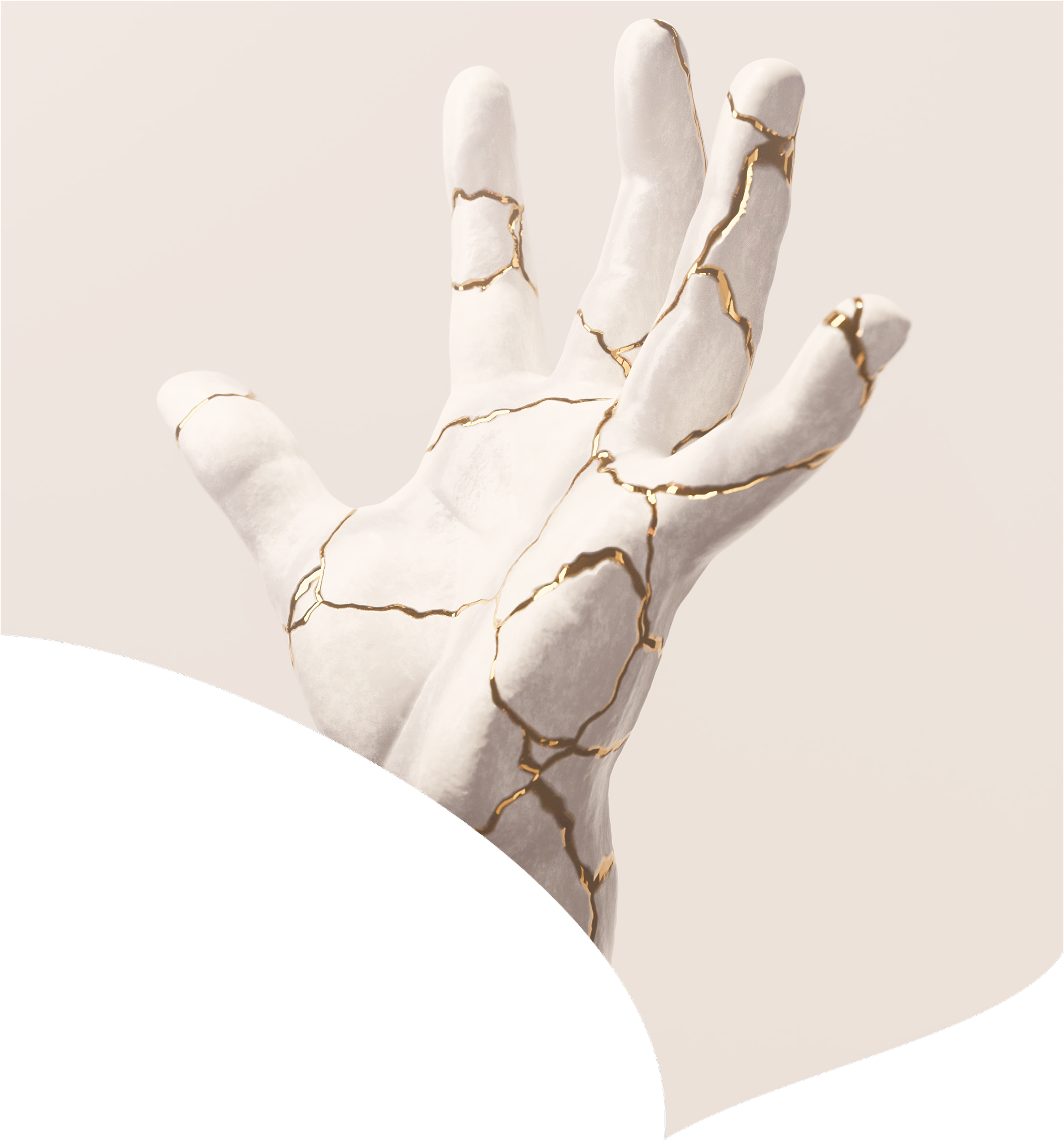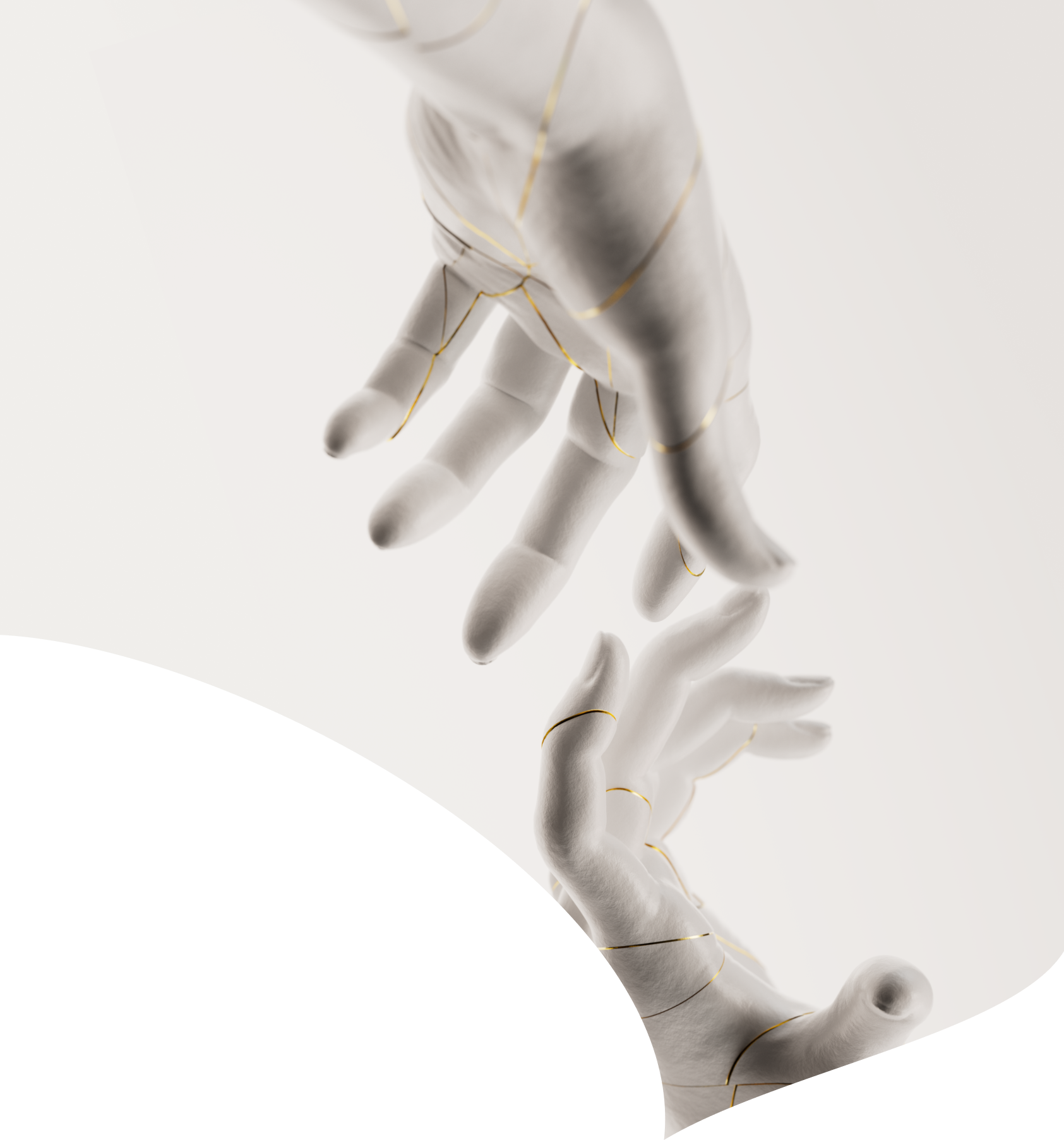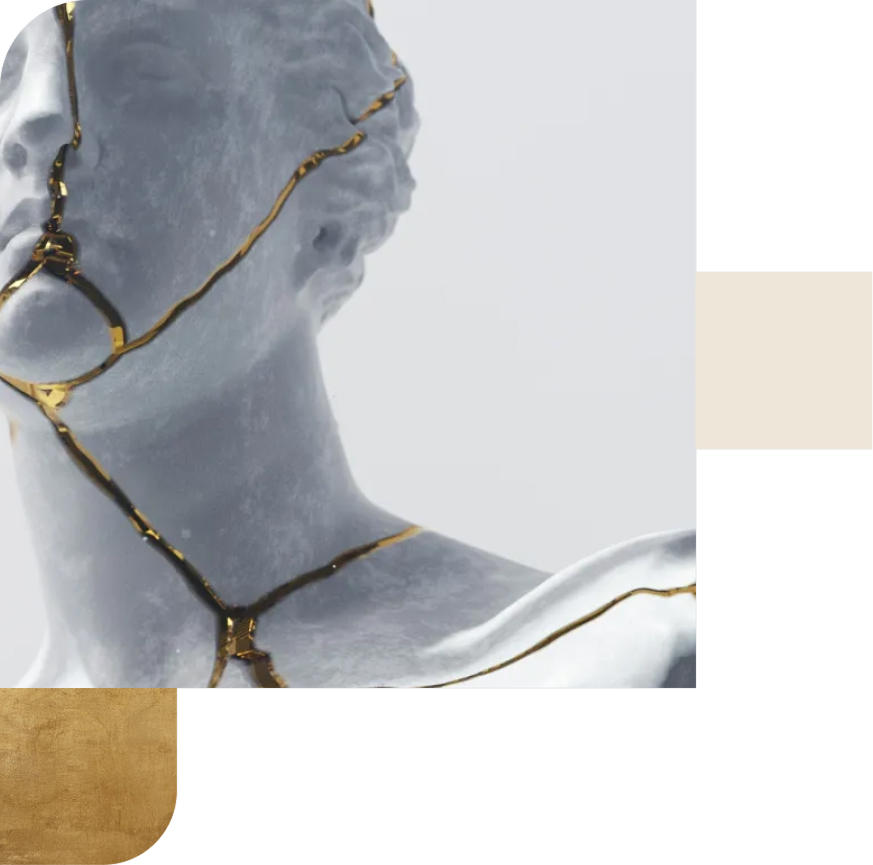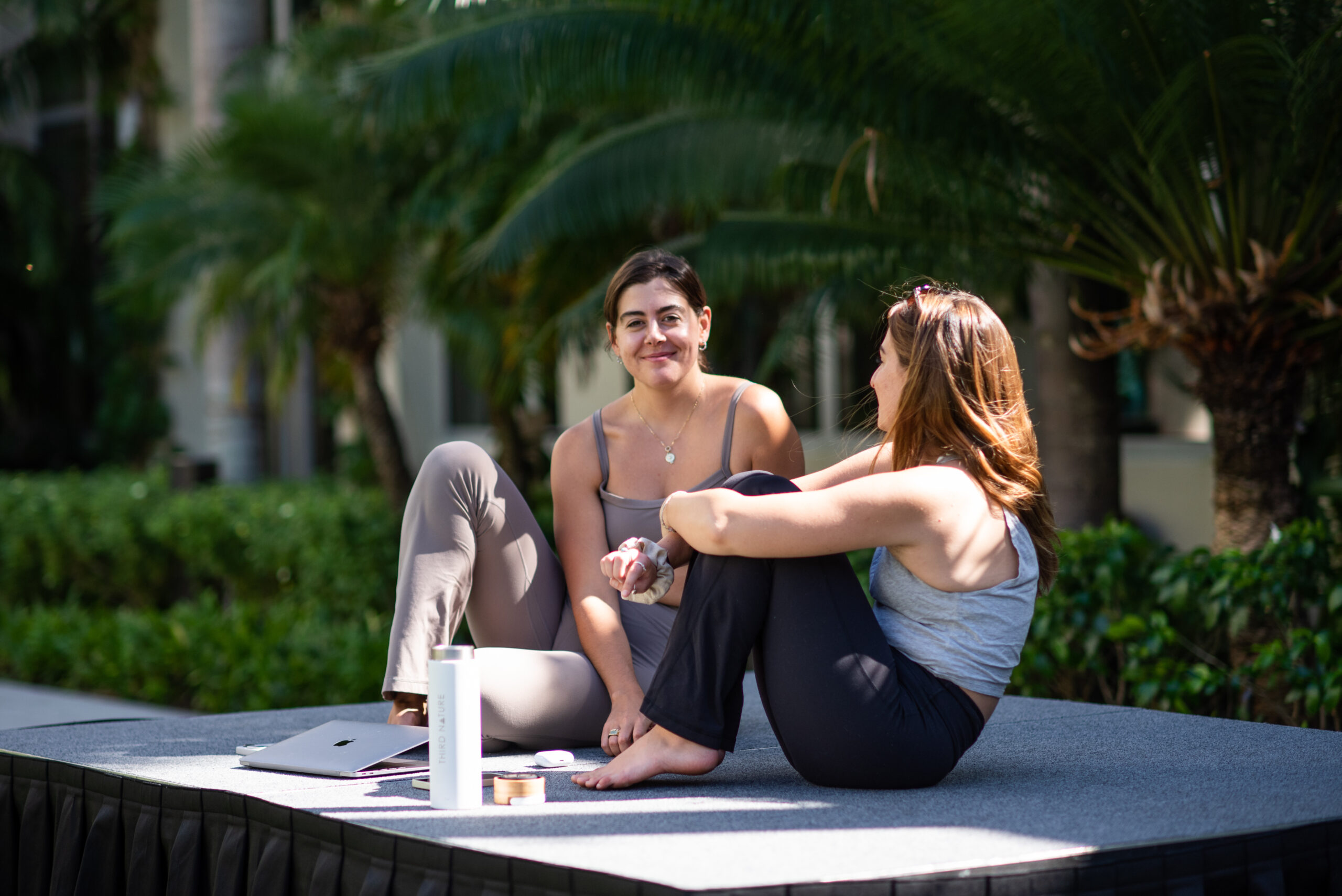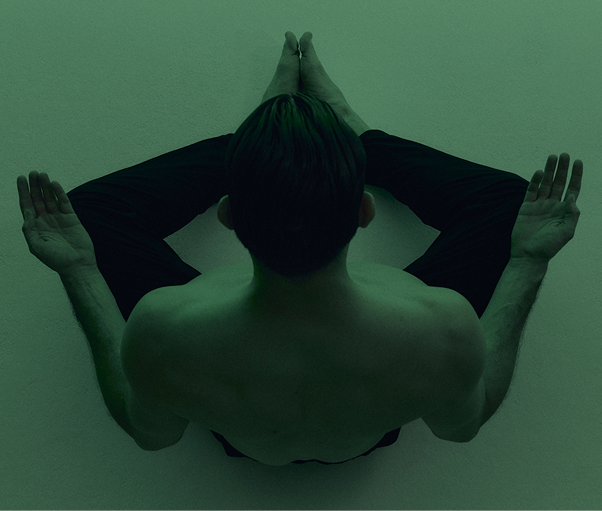
Last Saturday, we explored how ancient practices like meditation and breathwork can reshape the nervous system, rewiring stress responses, balancing energy, and even improving focus and longevity. What began as spiritual traditions are now being validated by neuroscience as powerful tools for regulating the mind and body.
Missed it? You can catch up on The Meditation and Breathwork Issue.
Light Watkins is a speaker, best-selling author of five books, and a mindfulness expert. He speaks to and consults Fortune 500 companies on the hidden power of presence and hosts The Light Watkins Show, a top-50 global podcast featuring purpose-driven stories.
Light also leads The Happiness Insiders, an online community offering masterclasses and challenges for inner growth. His weekly “Spiritual Perspective” content reaches tens of thousands. Since 2018, he’s lived nomadically as a minimalist “one-bagger,” sharing insights from his journey across social media.
Q. What’s the most effective way to use breathing before high-stress events like presentations or athletic competitions?
Q. Do you see breath as a bridge between body and consciousness? If so, what does that mean in practical terms?
Absolutely. From a physiological perspective, the state of your breath reveals the state of your body (i.e., your nervous system). So when it comes to nervous system regulation, you can create temporary shifts with the breath.
But in order to affect long-term change, you need a steady practice, which could be with the breath or whichever form of stillness you find most delightful. It’s just like working out: doing a pull-up is hard if you’ve never trained your back muscles. Similarly, regulating the nervous system is hard if you haven’t primed it with consistent inner stillness.
Q. What’s one moment in your own journey where breath or meditation fundamentally changed you?
It doesn’t keep you from making mistakes, but it helps you move on from them and learn from them much faster. I’ve made plenty of mistakes, and being able to move on without carrying the shame and regret that a lot of people find difficult to let go of has been quite liberating.
Q. With meditation, how can someone know if they’re “doing it right”?
The biggest challenge is that people assume meditation is as simple as sitting on a cushion and closing your eyes. And if your mind doesn’t turn off immediately, they think they’re not doing it right.
But think of meditation more like surfing. There are dozens of considerations when learning to surf: which kind of wetsuit to wear, how to hold the board while walking into the water, where to sit on the board, how to recognize a wave, how to hop up, how to balance yourself, etc.
I don’t mean to infer that the practice is complicated, but there is a learning curve. And like surfing, once you understand those best practices, it’s quite enjoyable. But also like surfing, if you don’t learn the best practices, it feels like a horrible experience that you’ll swear never to do again because it “doesn’t work for you.”
Nothing could be further from the truth. In fact, during my keynote at Eudemonia and in my workshops, I’ll be breaking down those best practices so attendees can accelerate their experiences in meditation a hundredfold.
Q. A lot of people start meditating but struggle to stay consistent. What begins to change after months or even years of steady practice?
As someone who struggled to meditate for years and then learned the best practices a few years in, I now know that it’s all about learning how to do it the proper way from the beginning. By “proper,” I mean doing it in a way that sets you up for success.
We often define success in meditation as being able to enjoy a quiet inner experience. Nobody hopes to have a busier mind while meditating, so if an experience causes your thoughts to multiply then, in my opinion, that’s not a proper way to meditate. It’ll just leave you feeling discouraged. But once you learn properly, you’ll happily make time for it. And over months and years of consistent practice, you’ll notice how much clearer your intuition becomes, which is a major unlock in life, because you no longer have to rely on shoddy guesswork about what’s for you and what’s not for you.

February 14, 2026
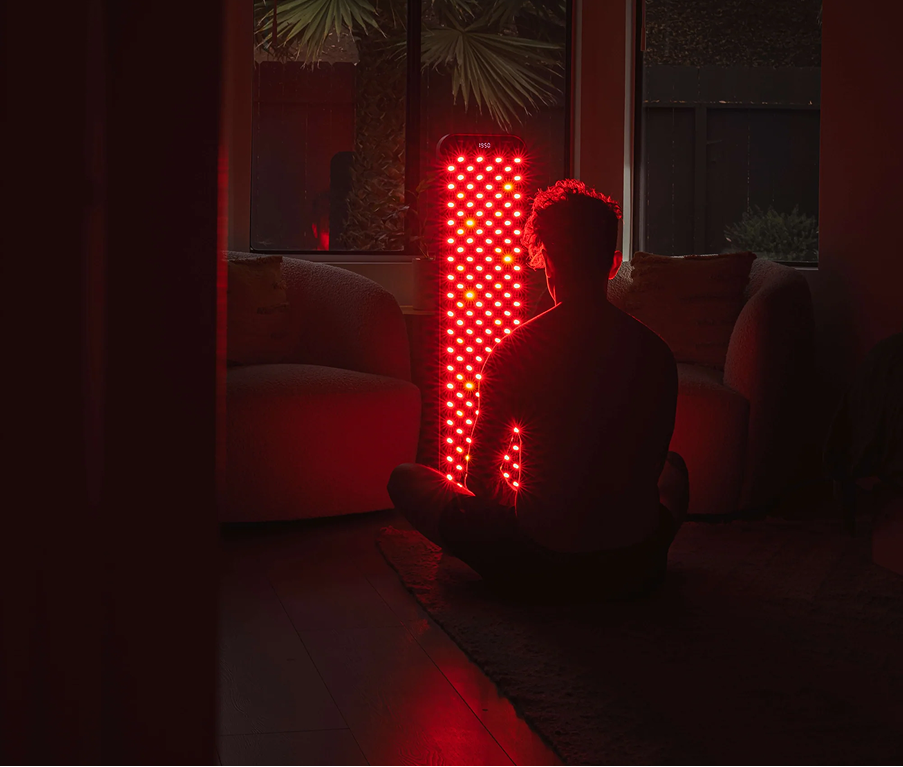
February 6, 2026
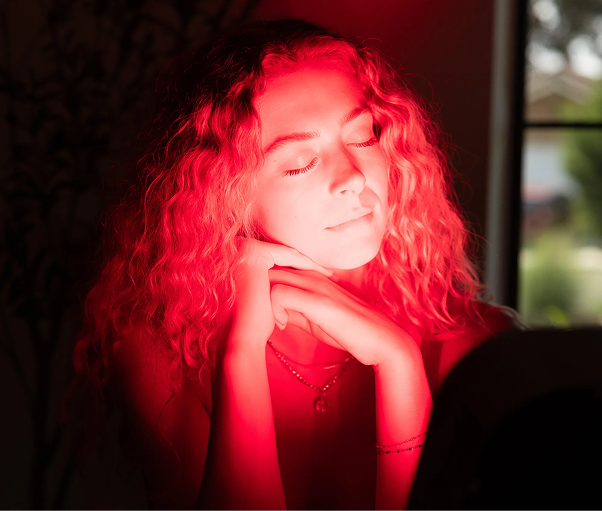
January 31, 2026
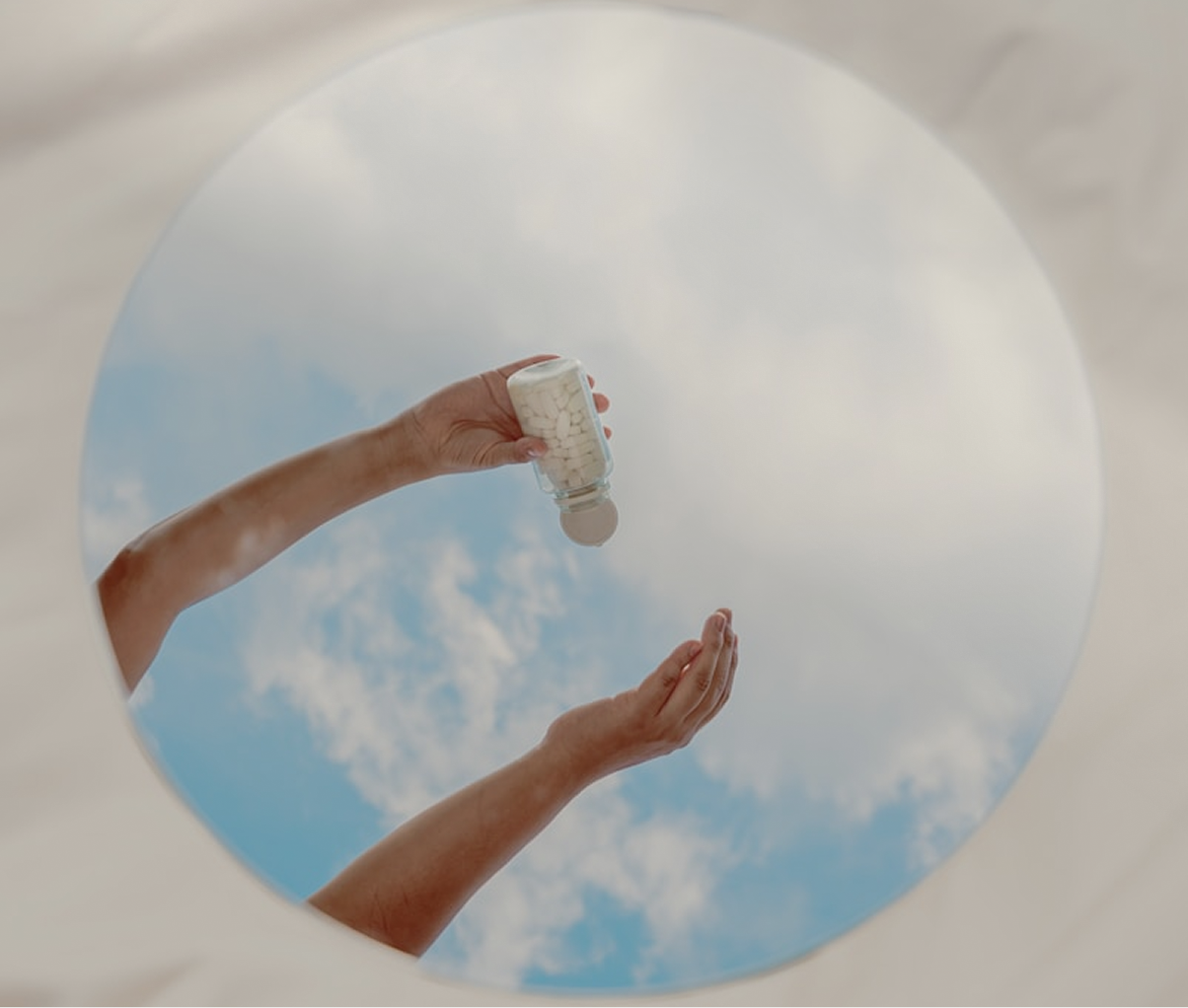
January 23, 2026

January 16, 2026
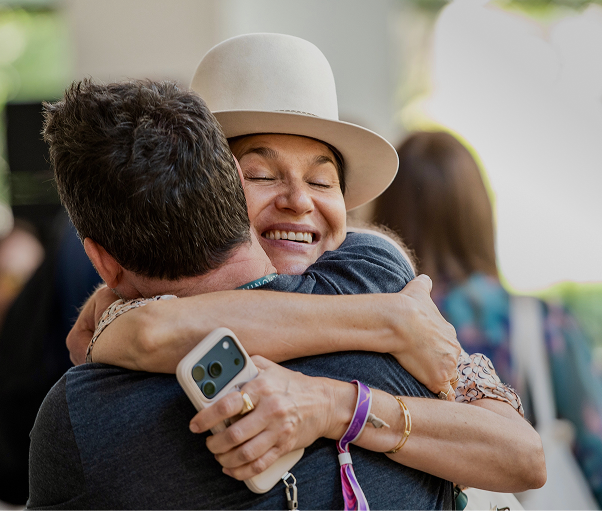
January 9, 2026
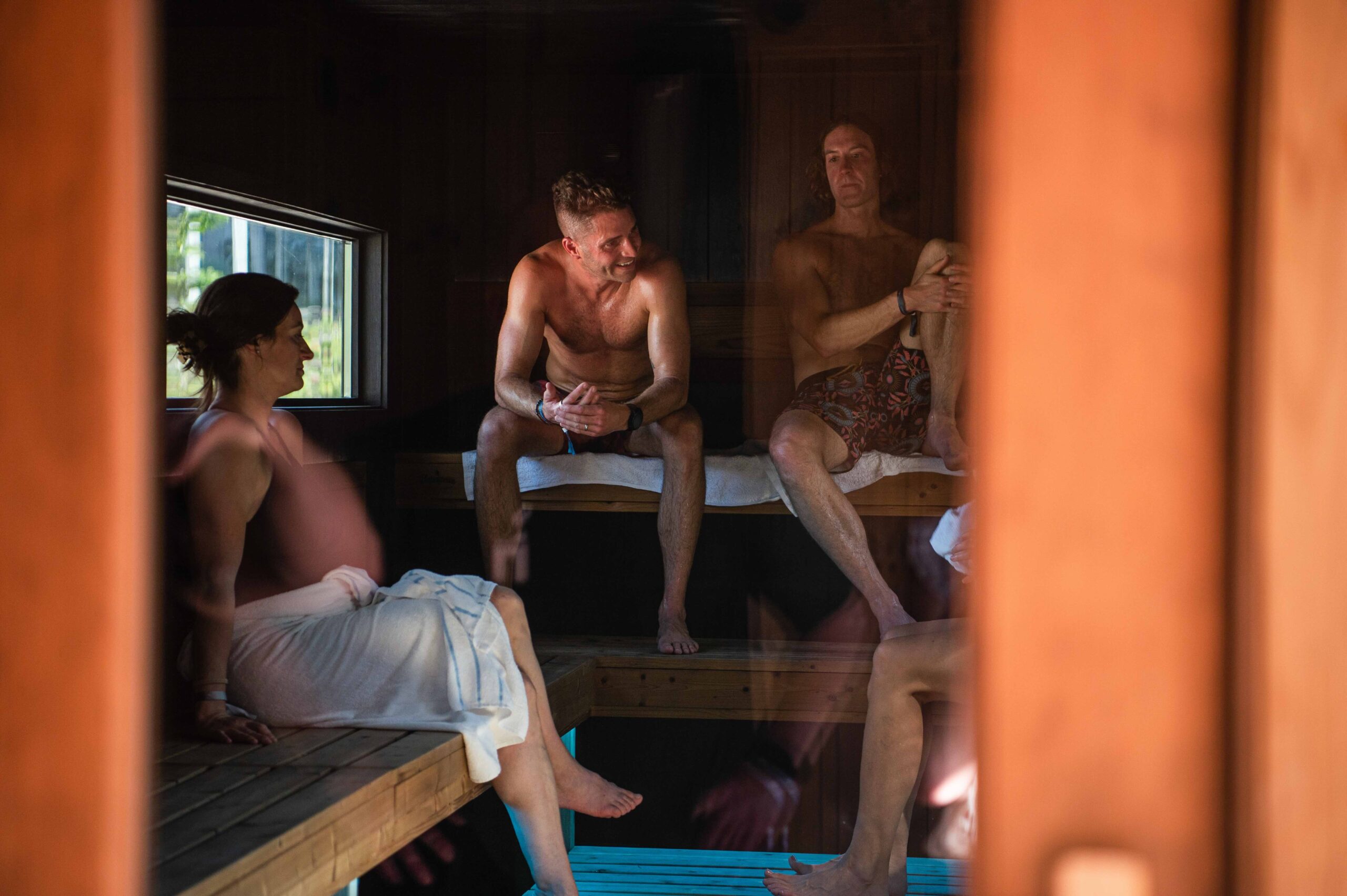
January 2, 2026
